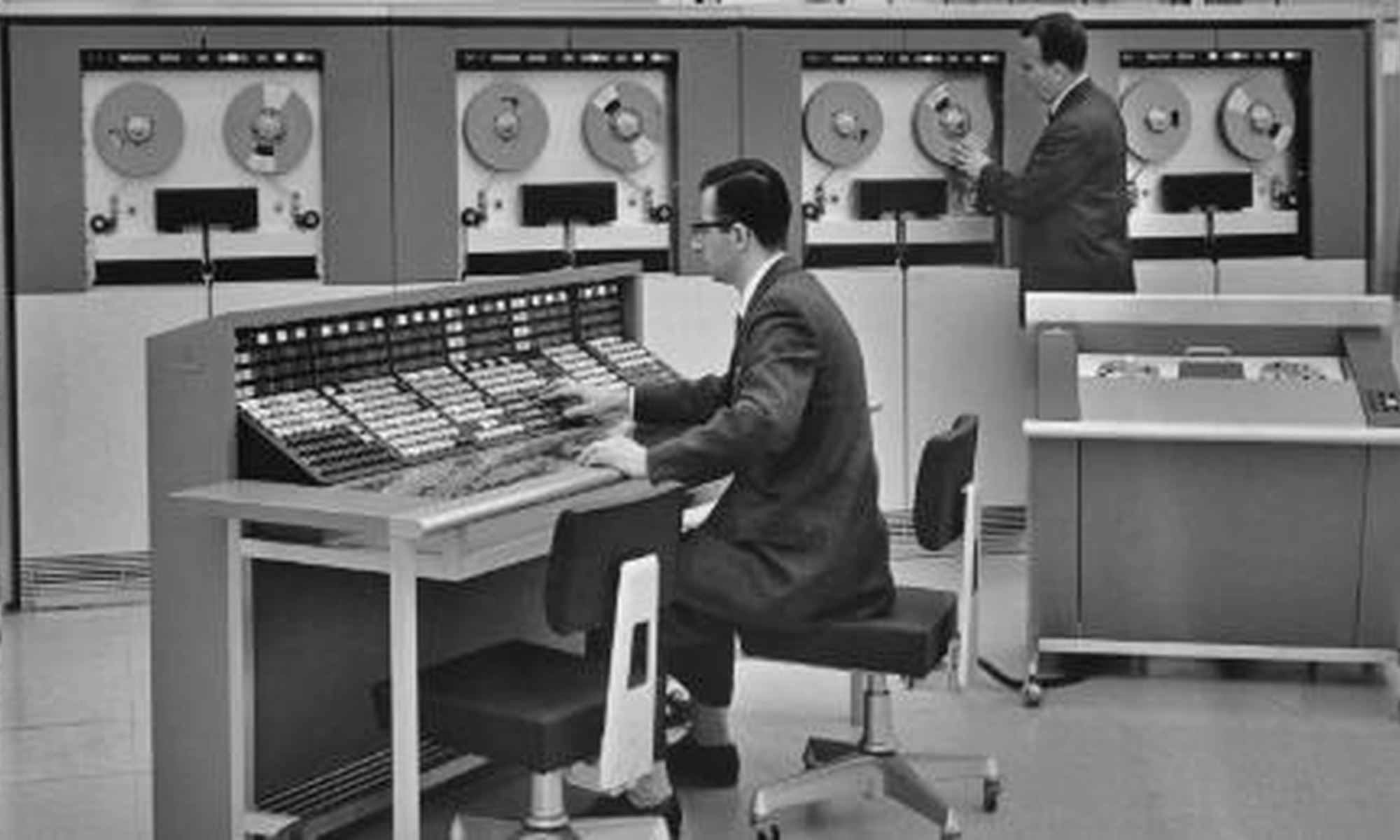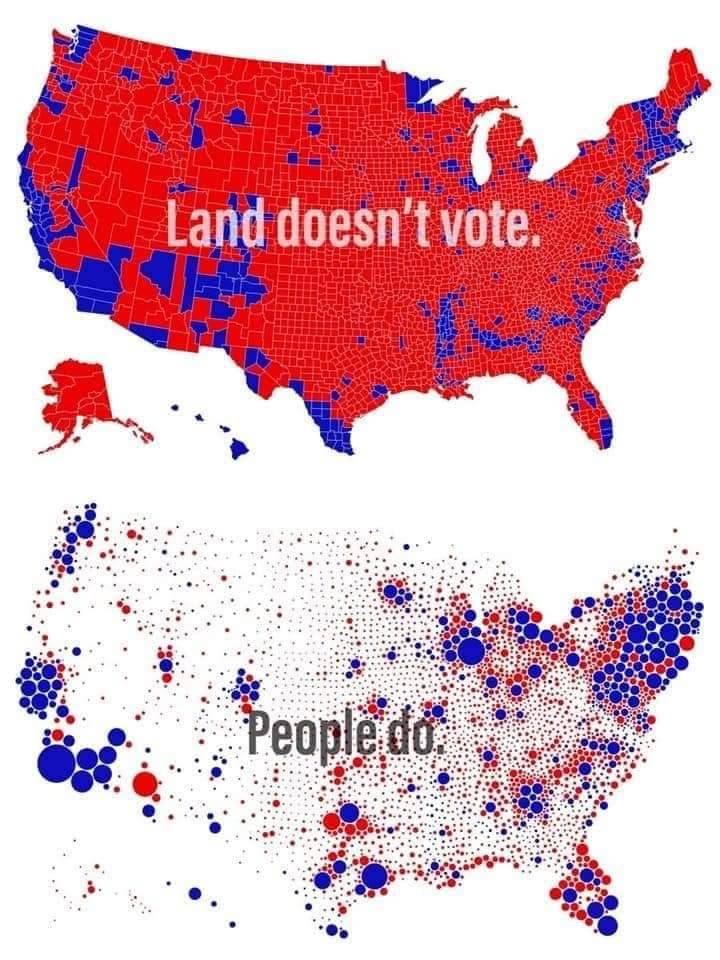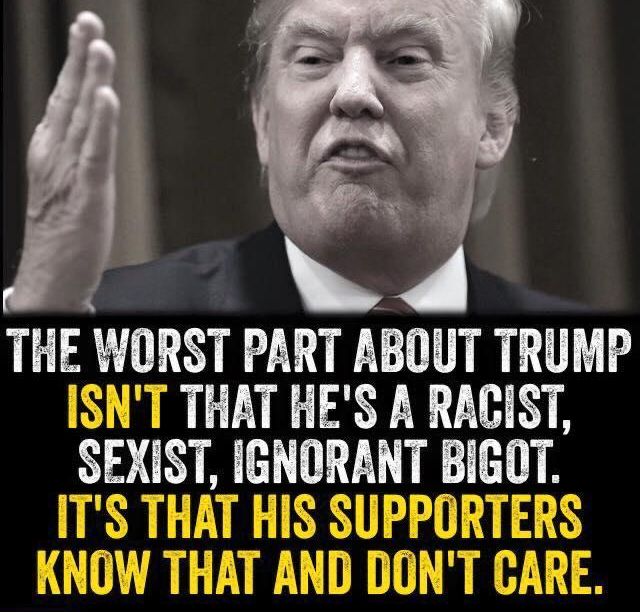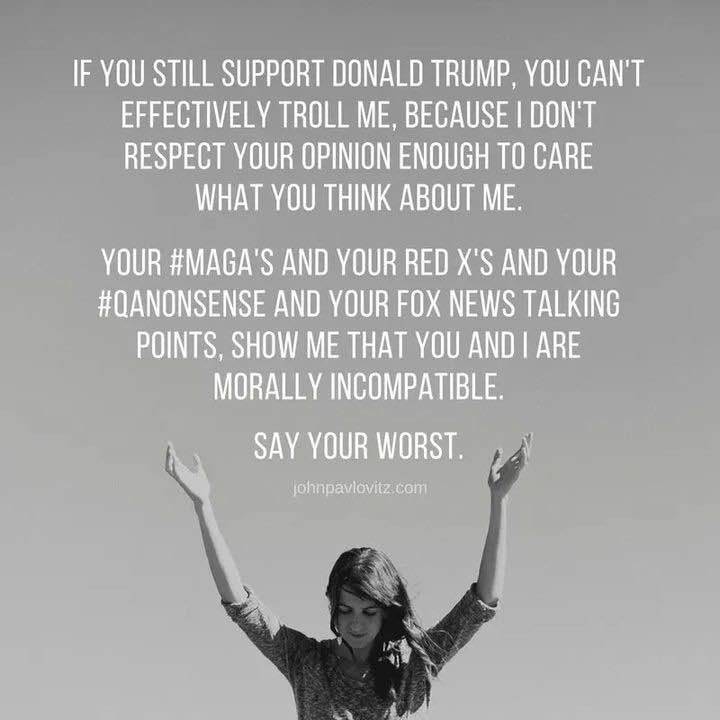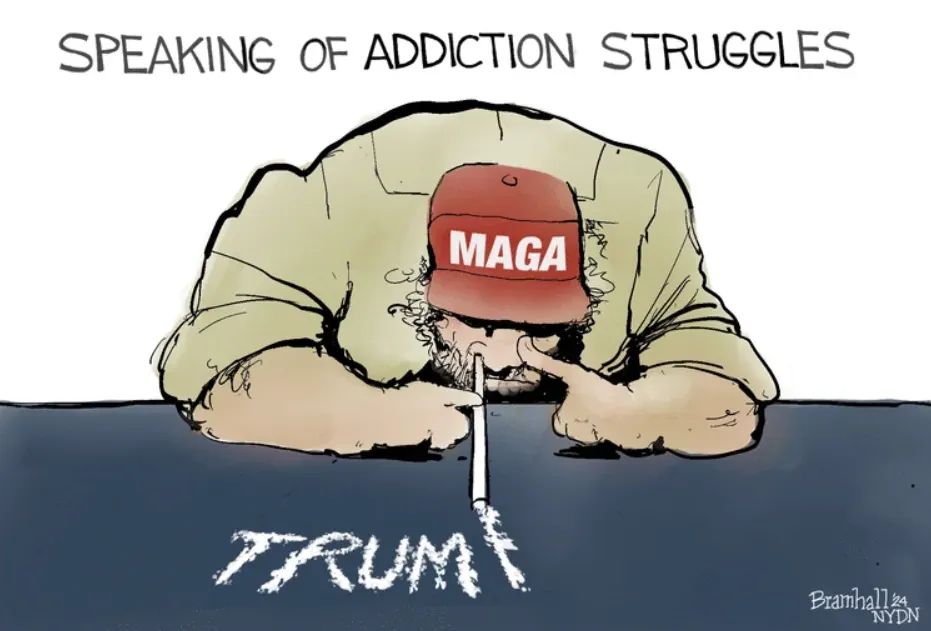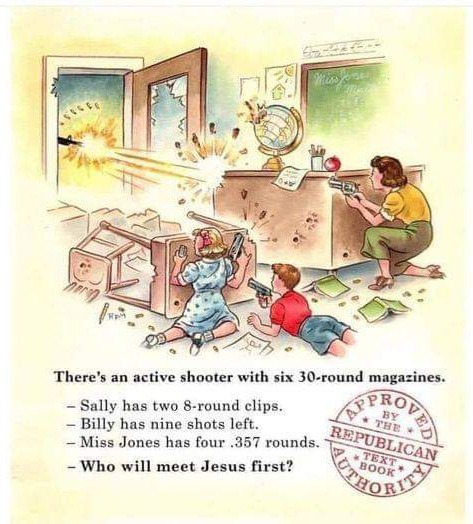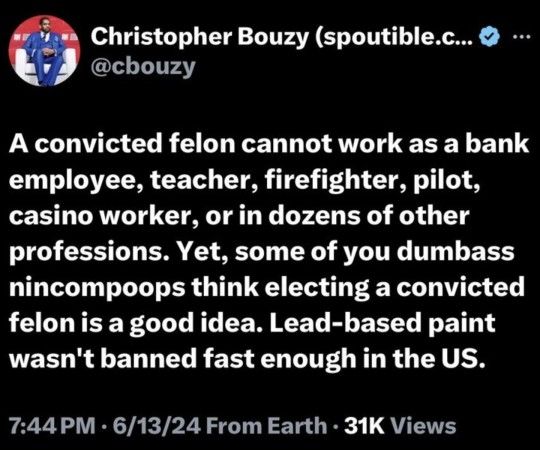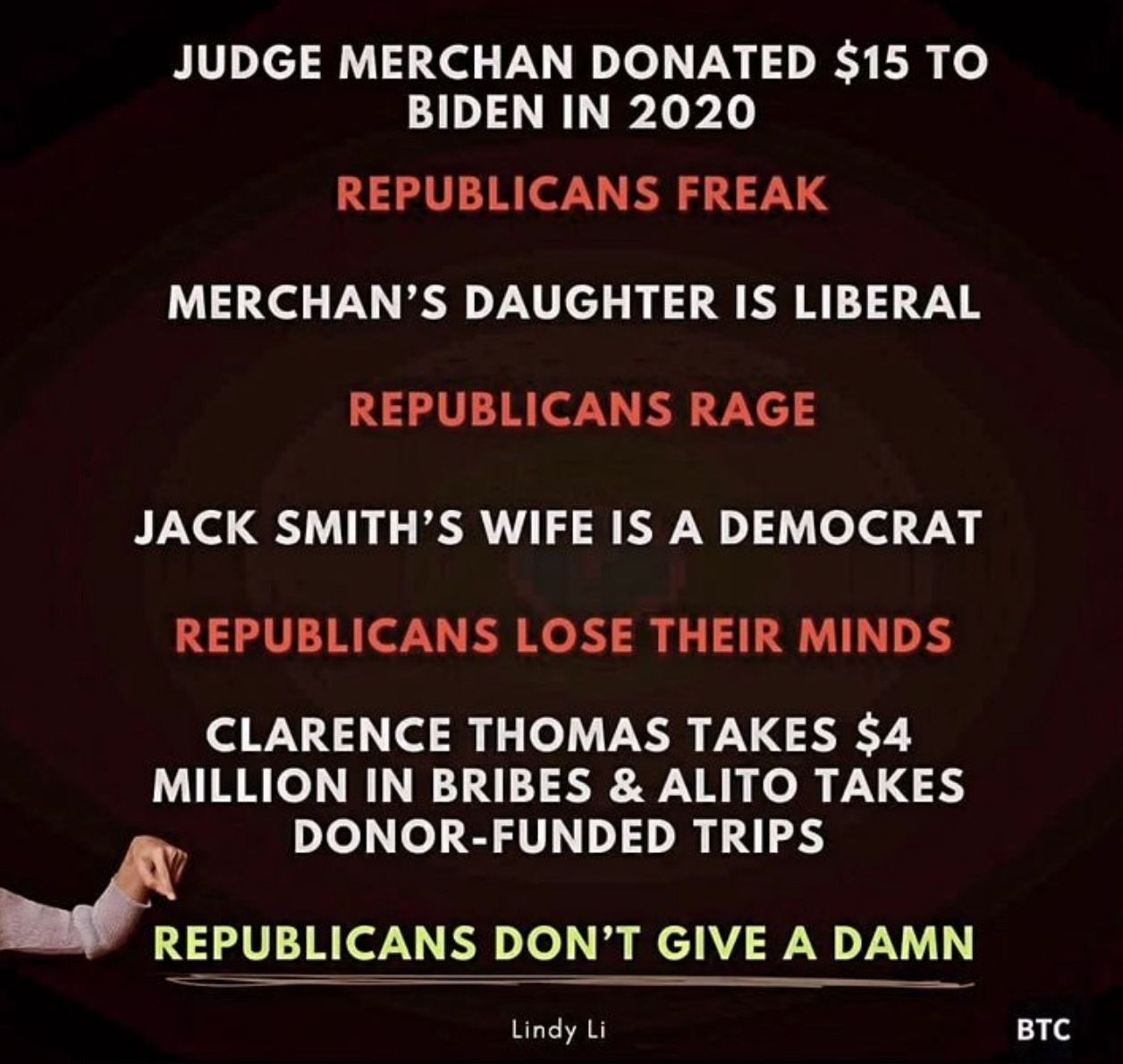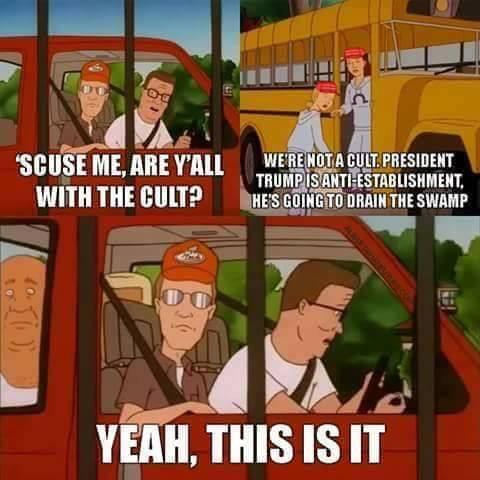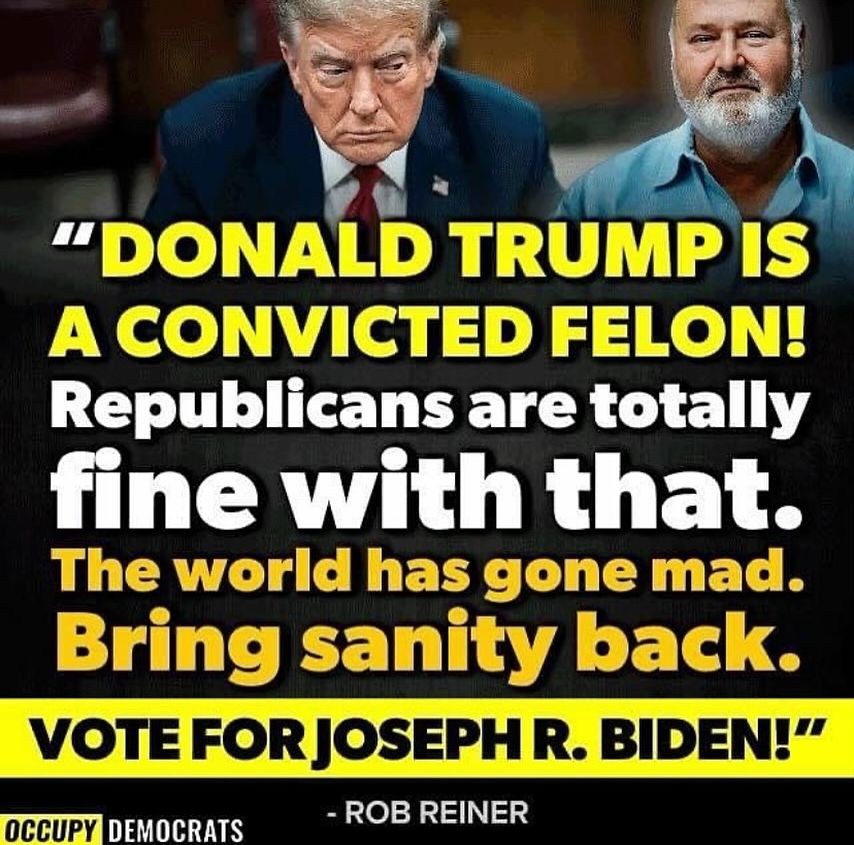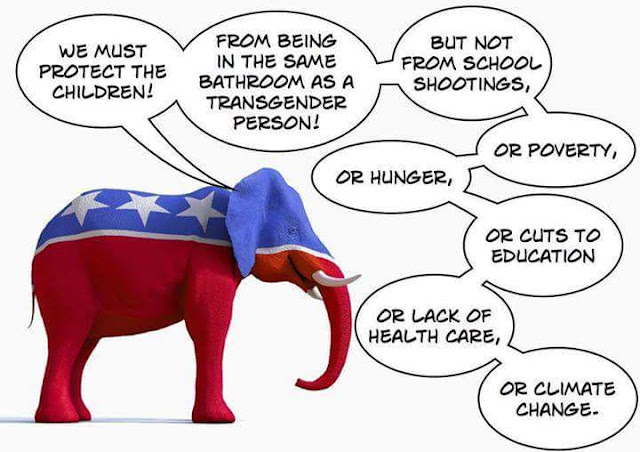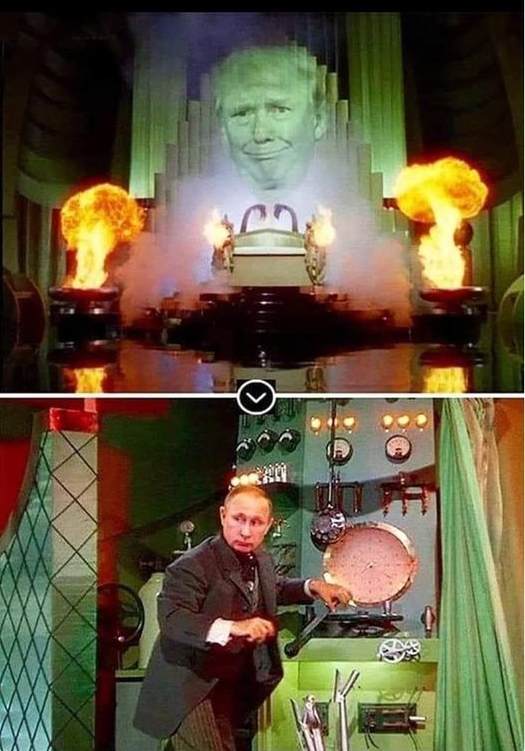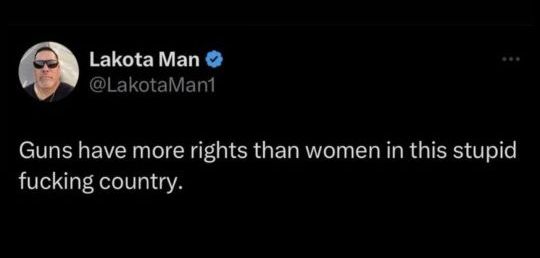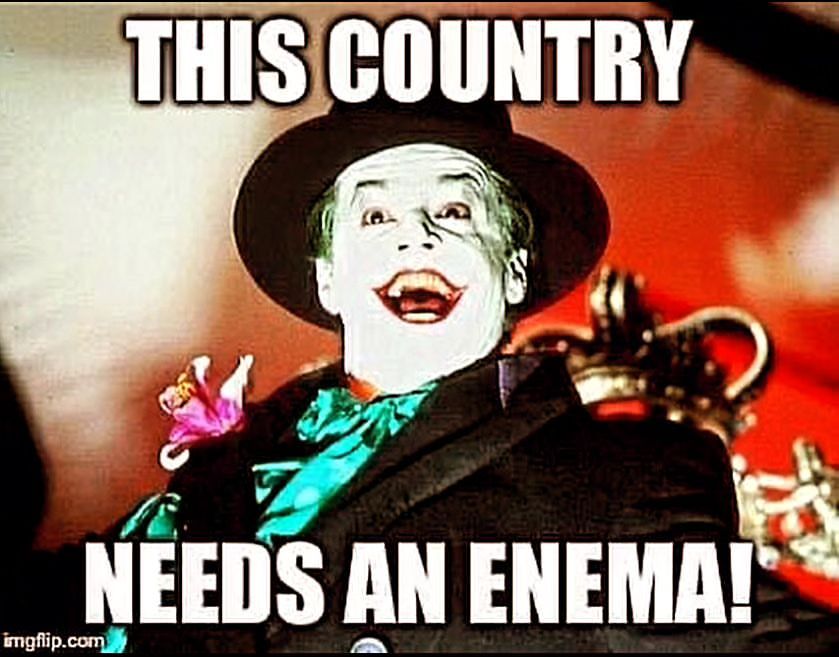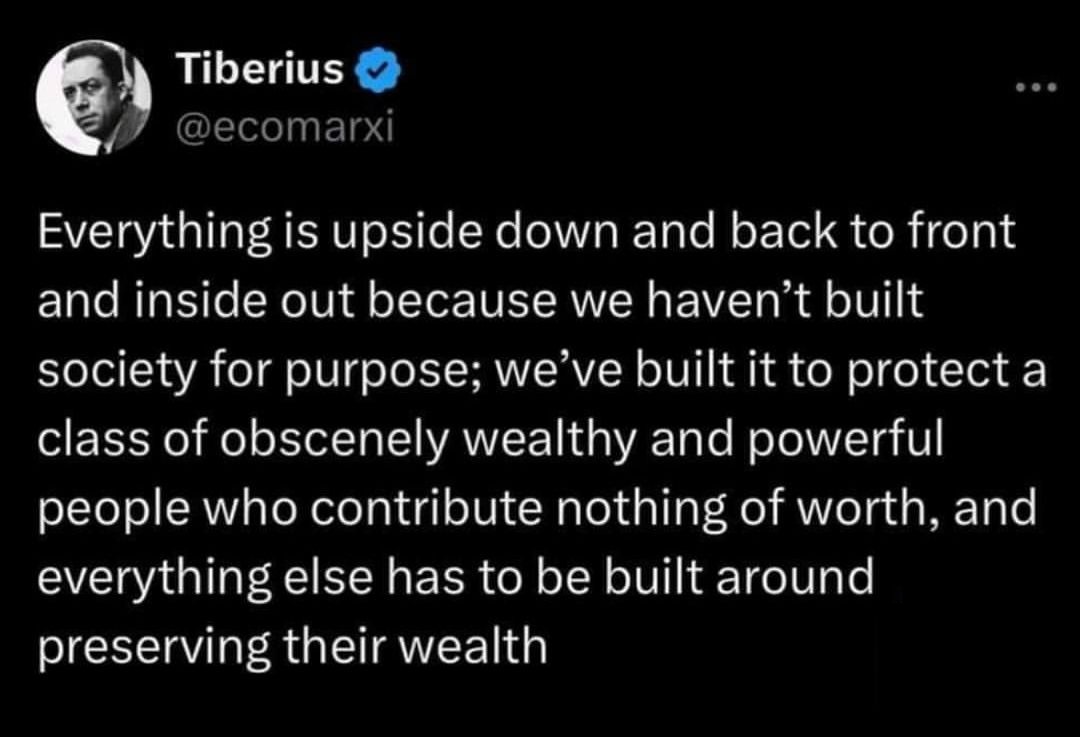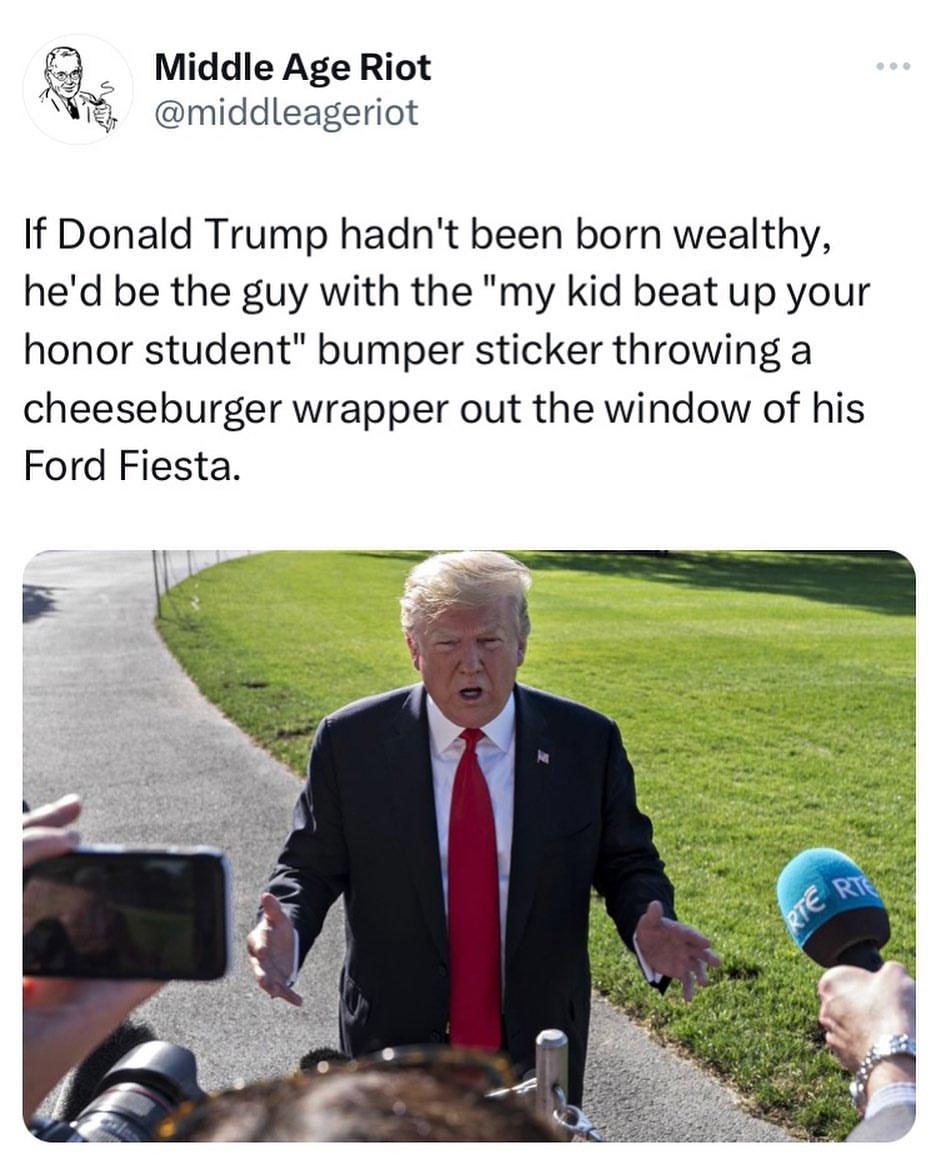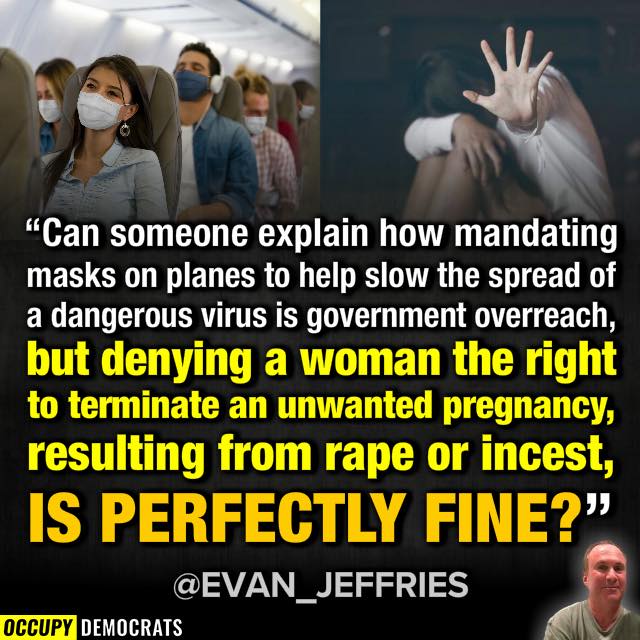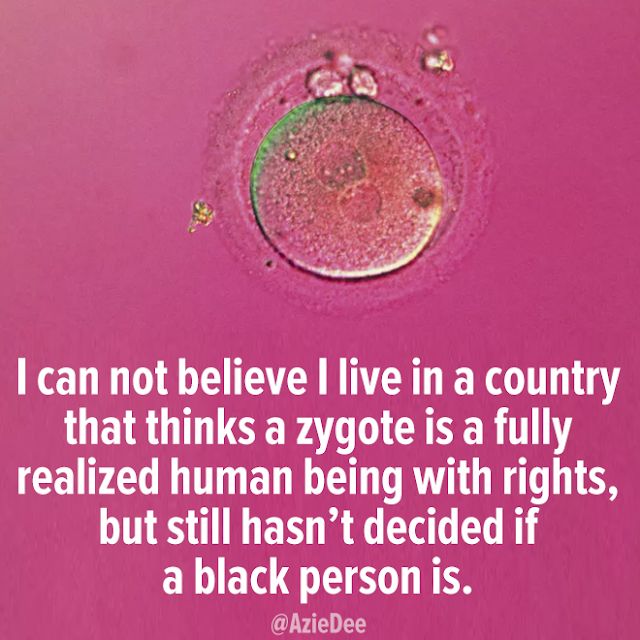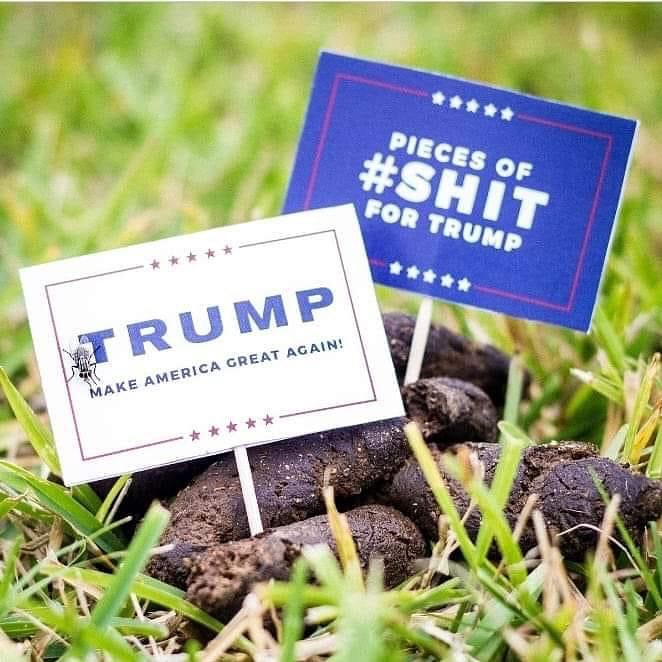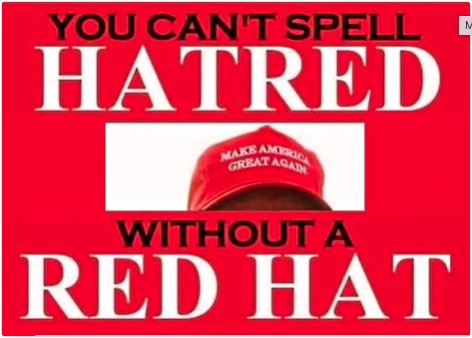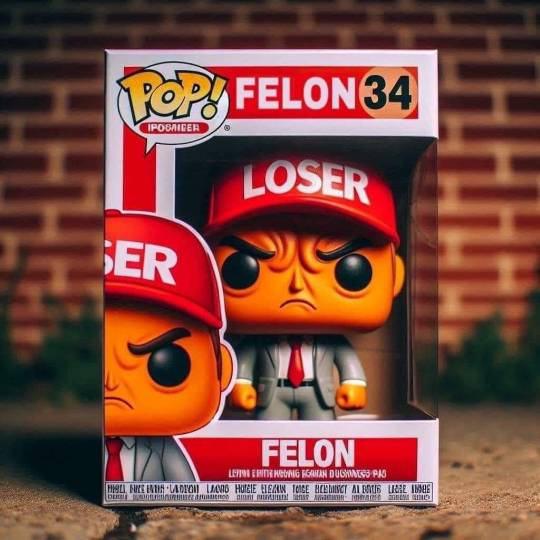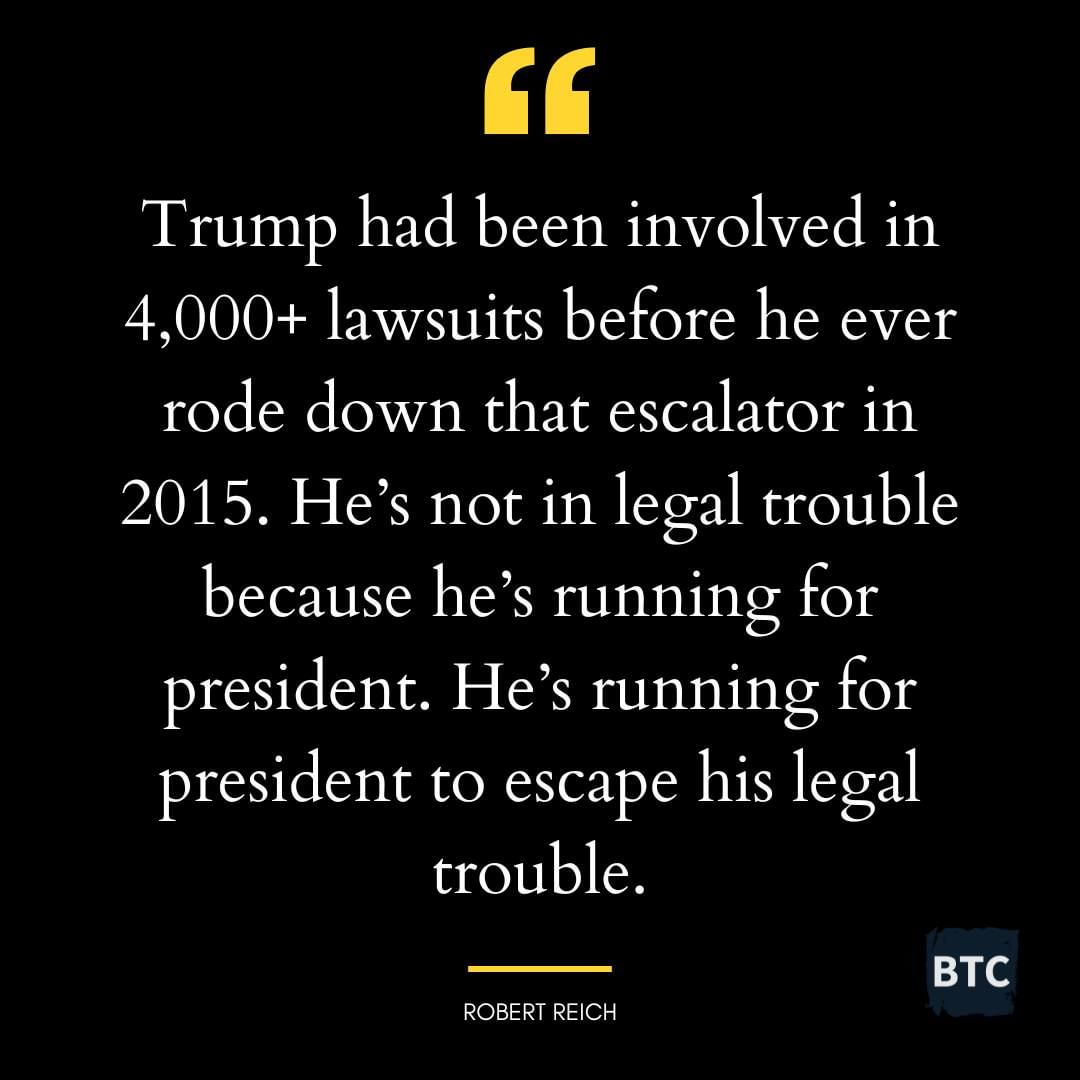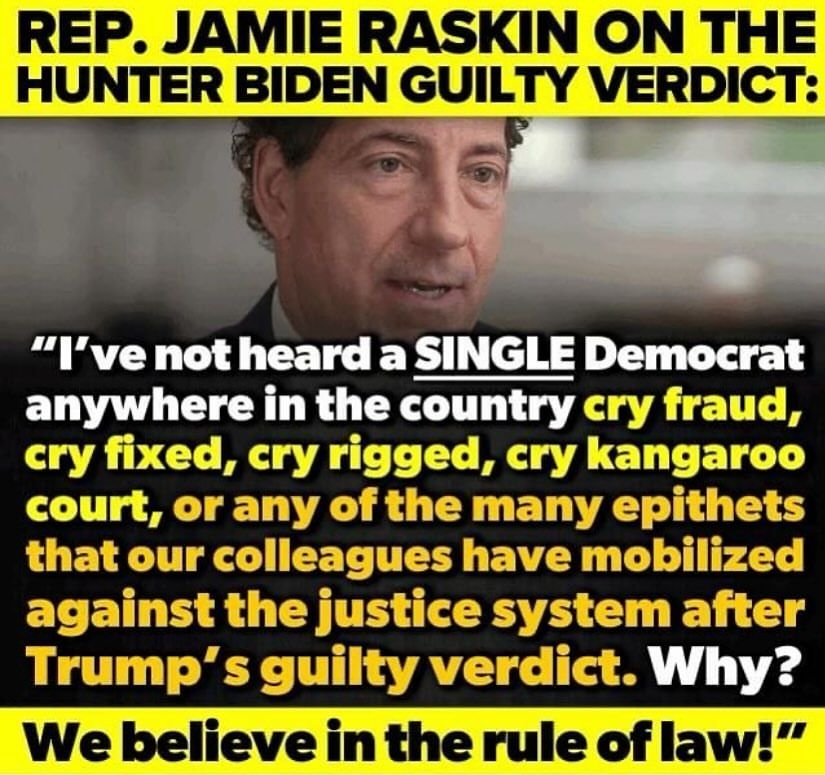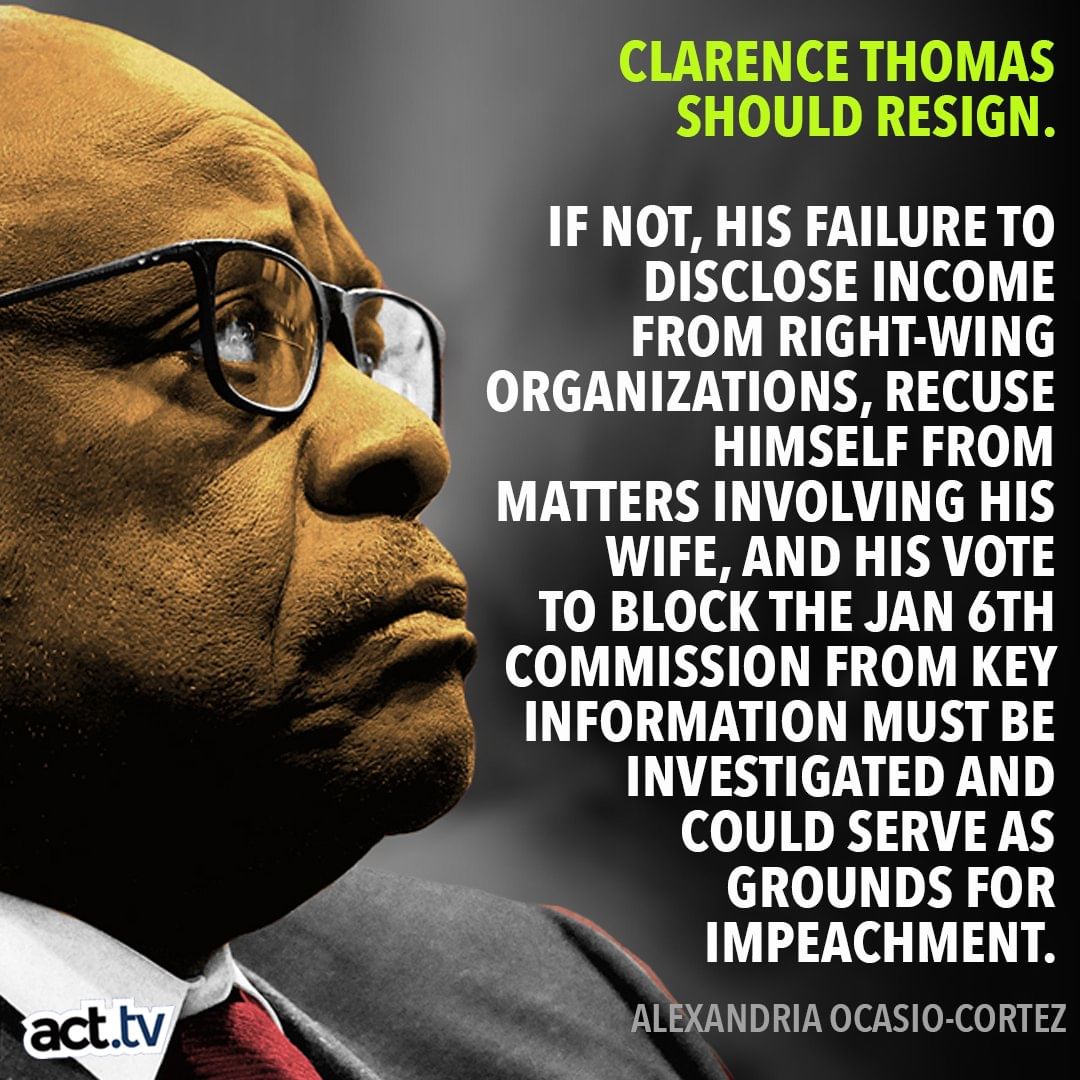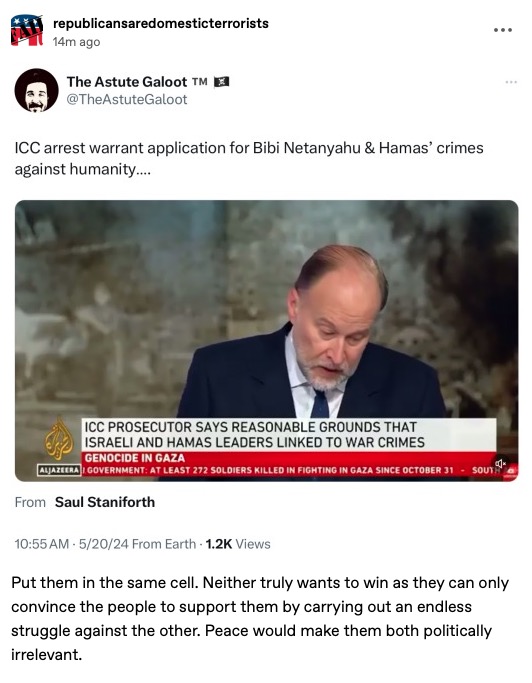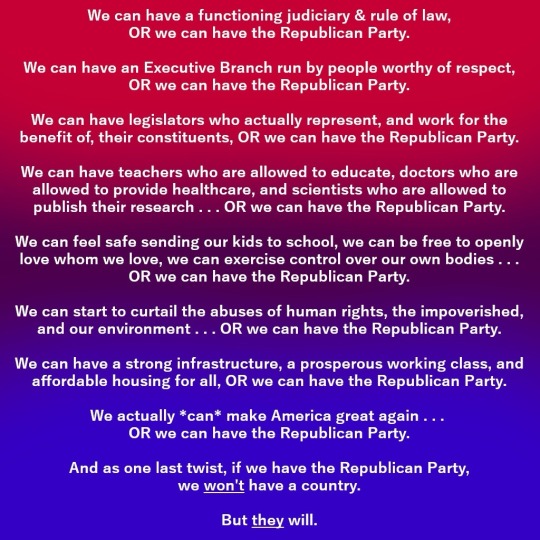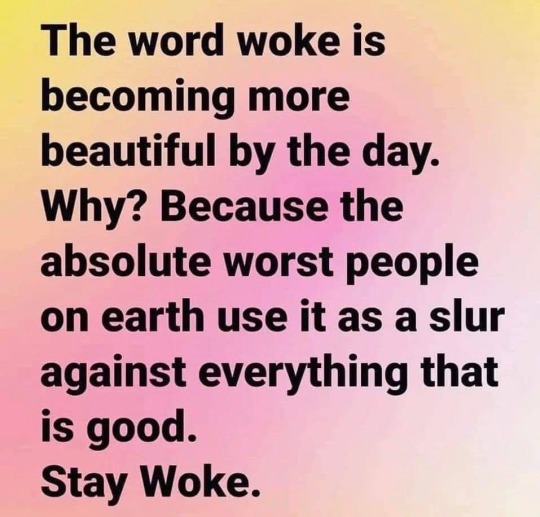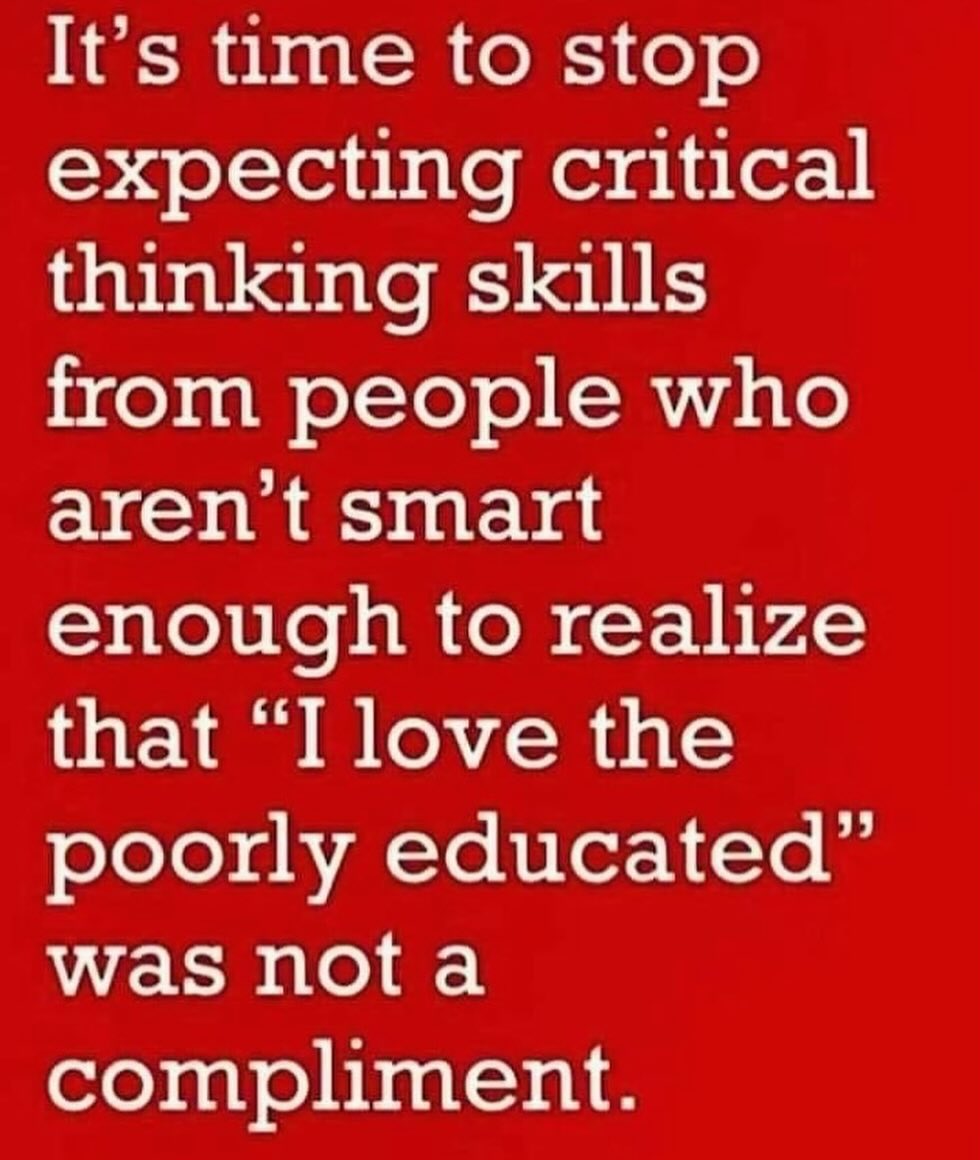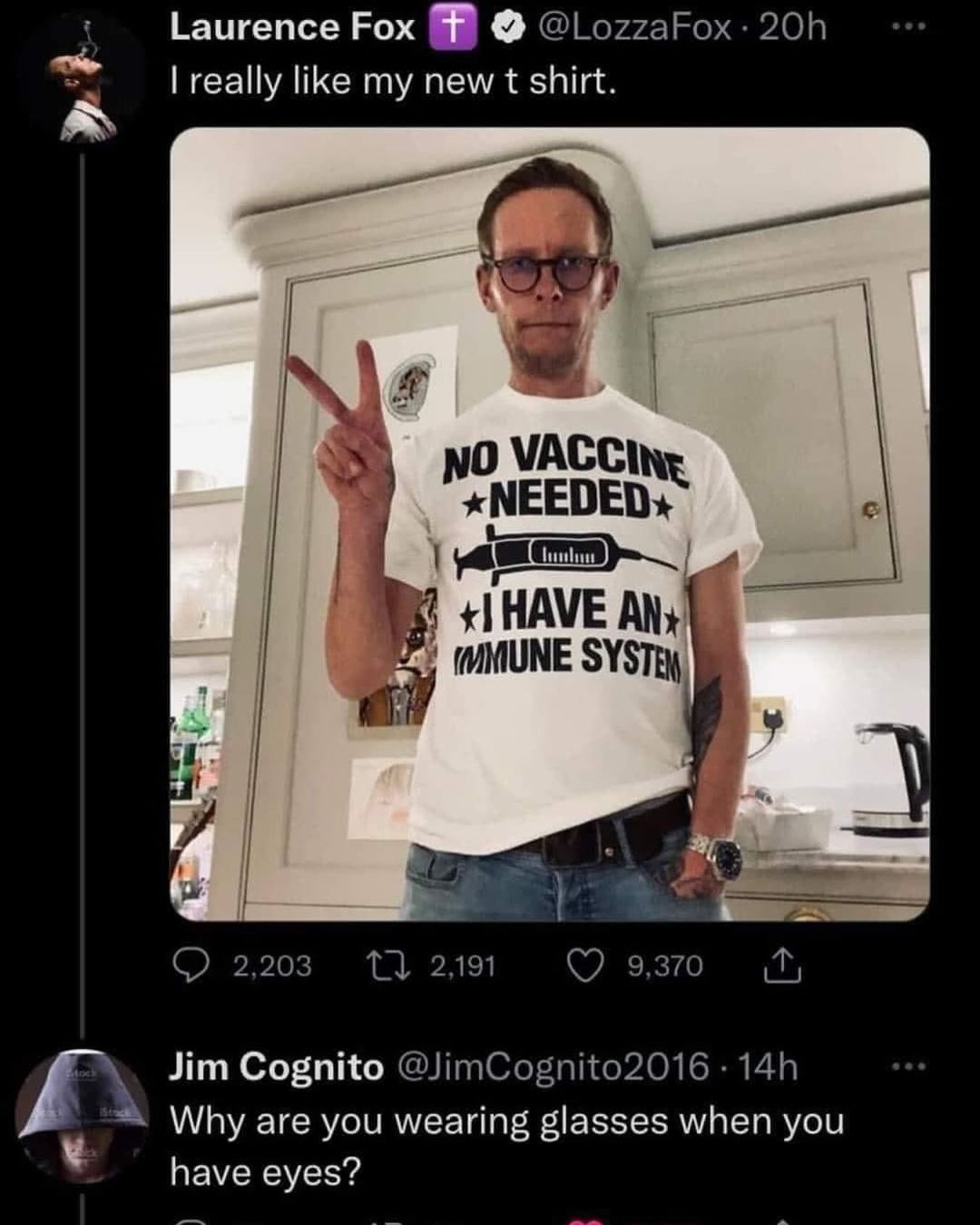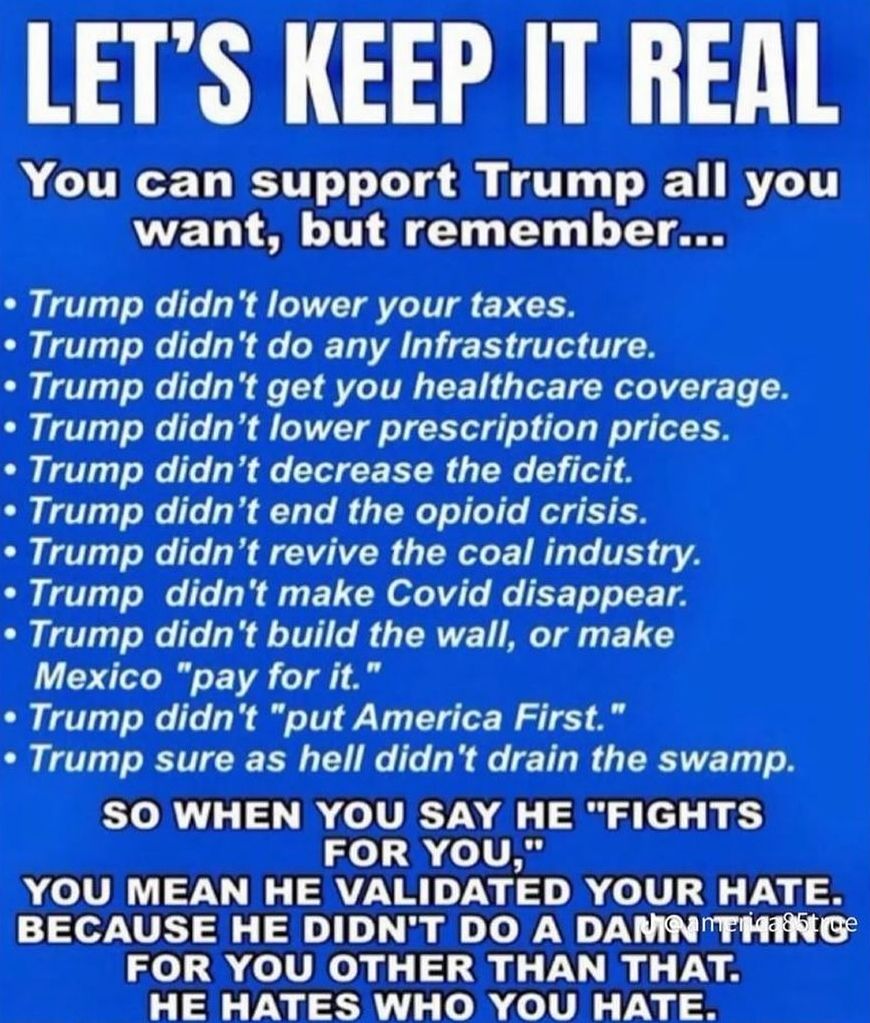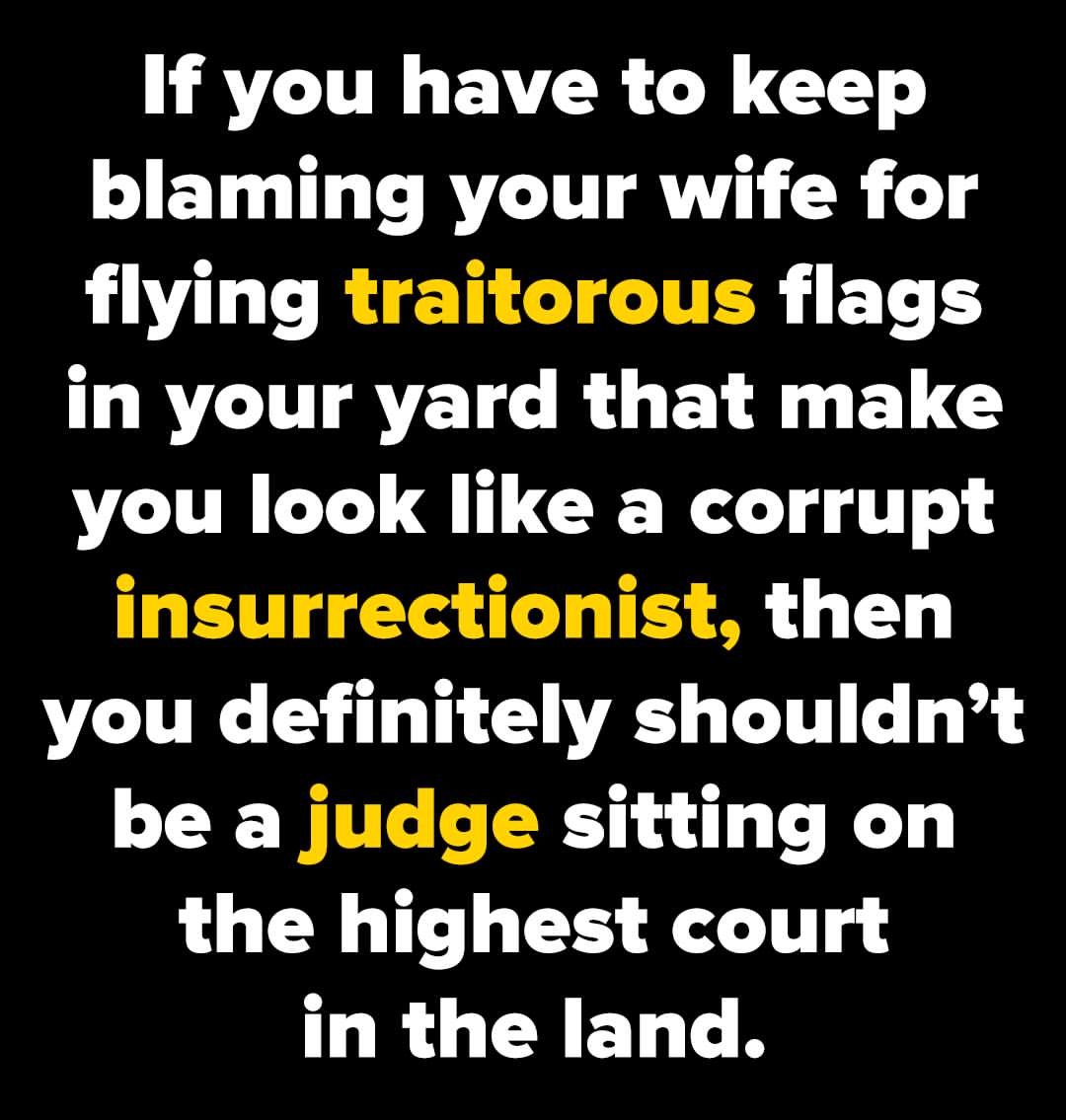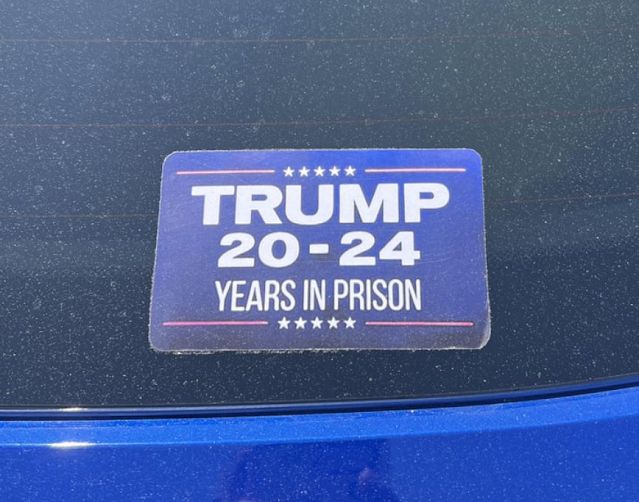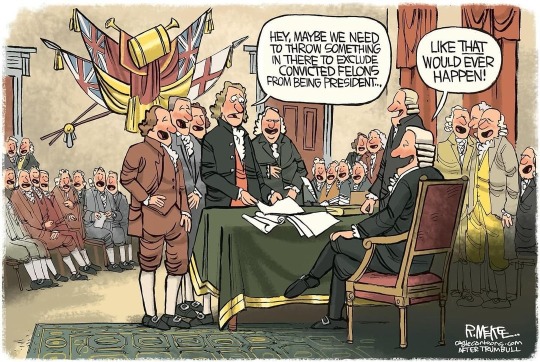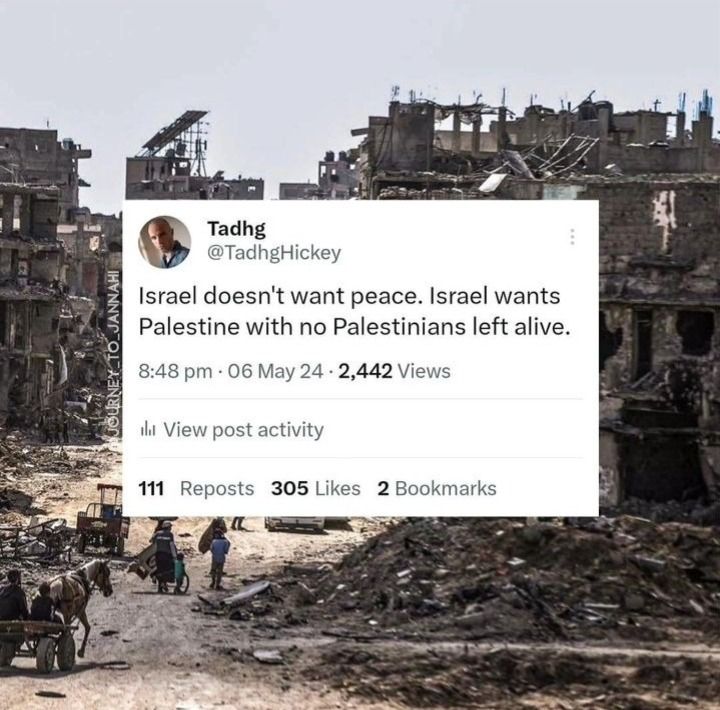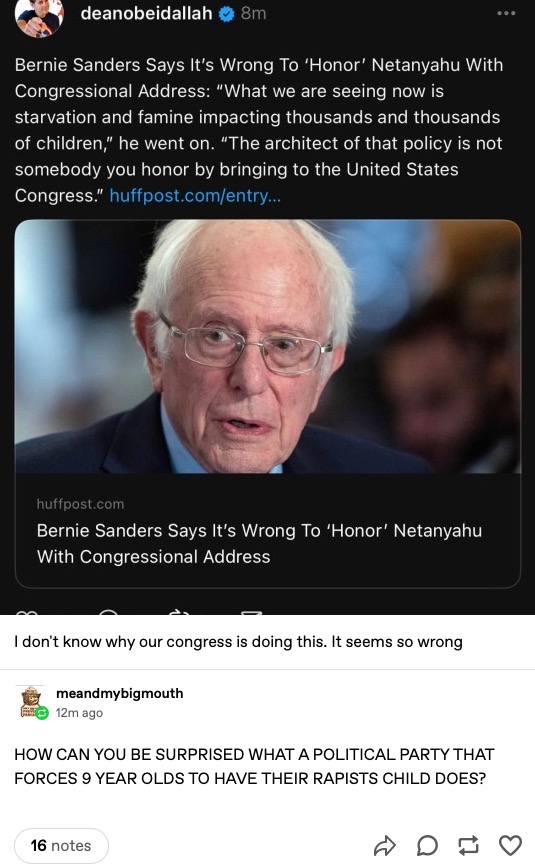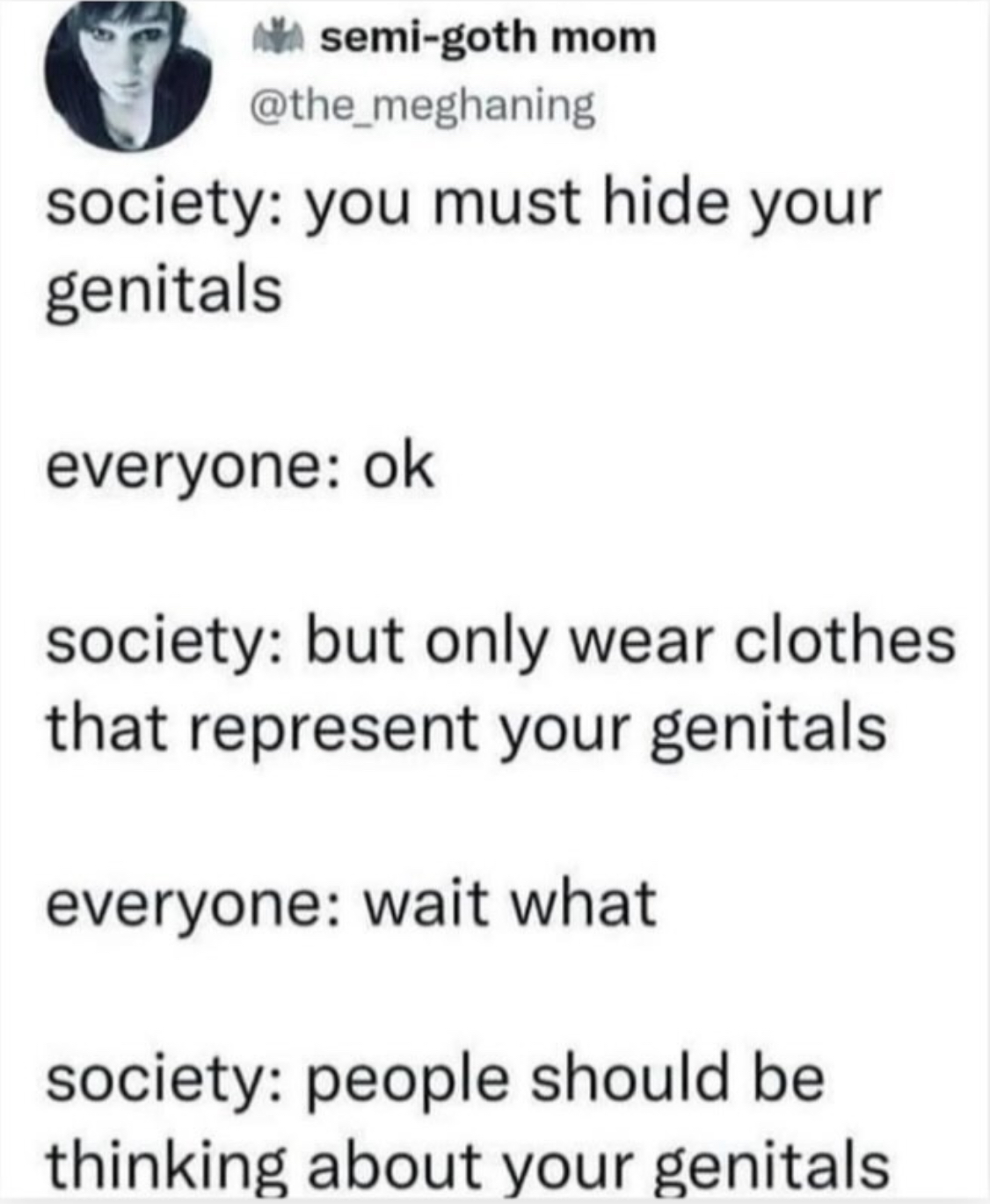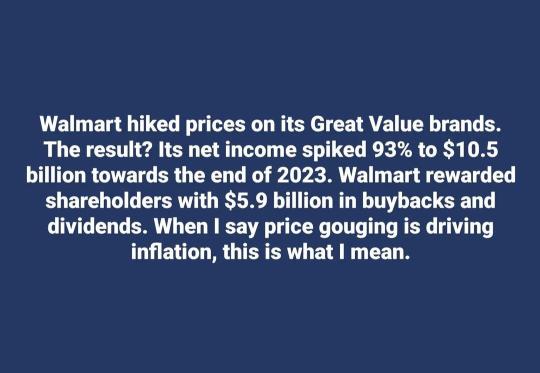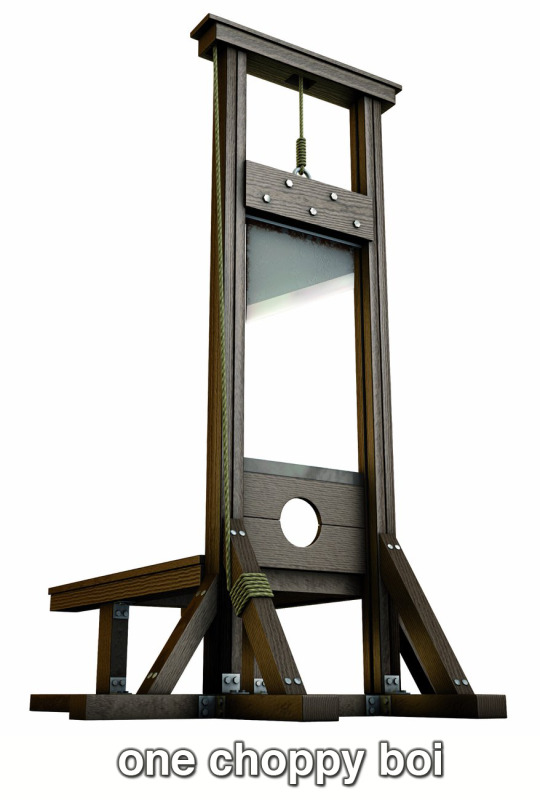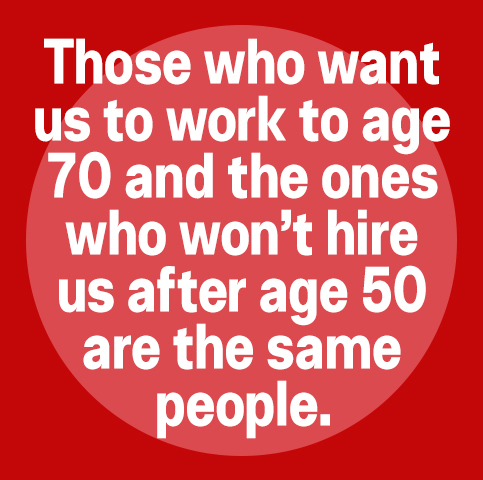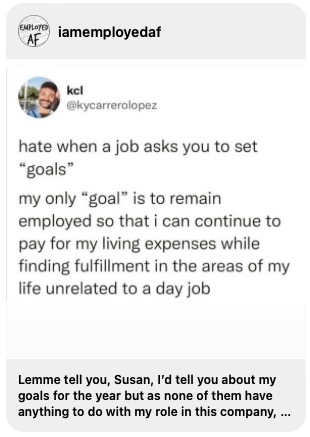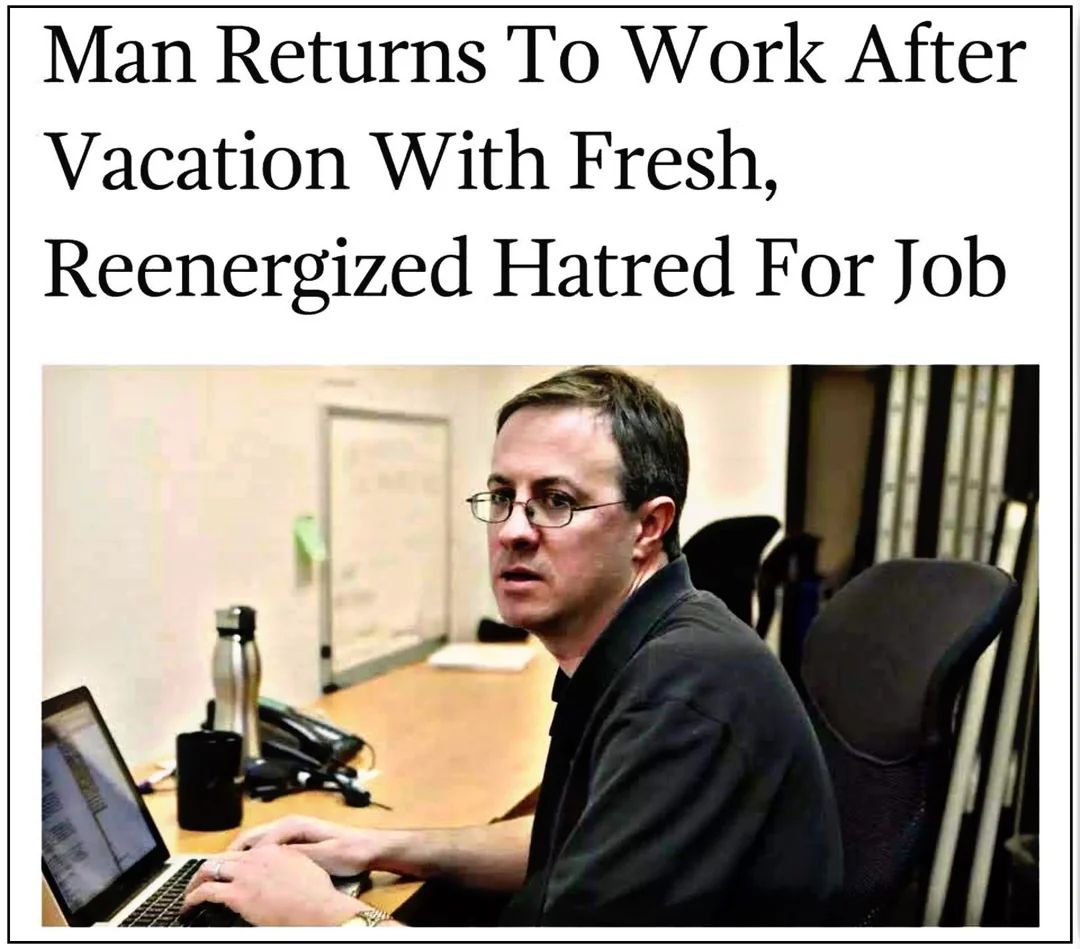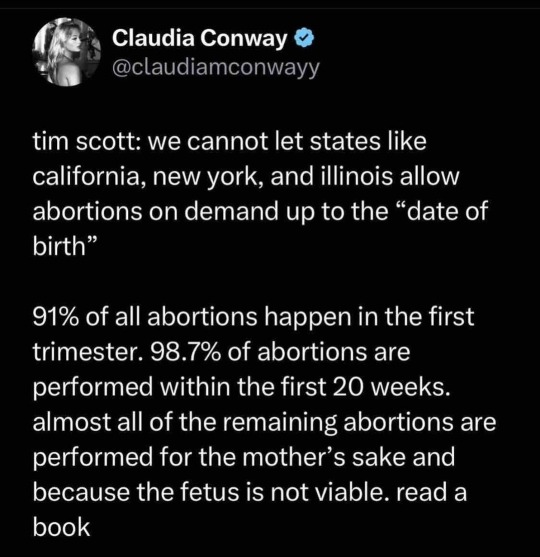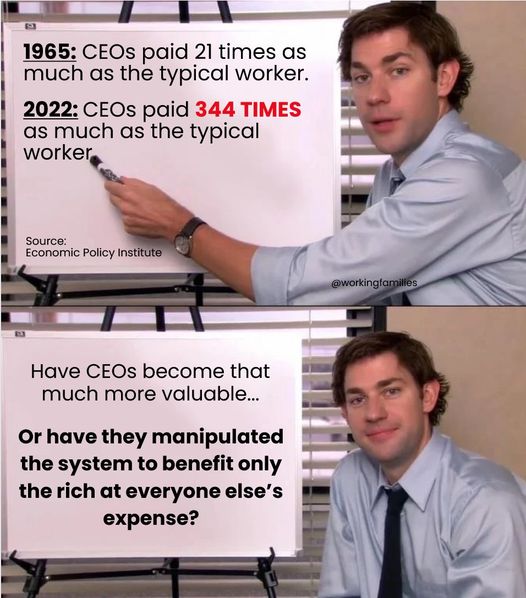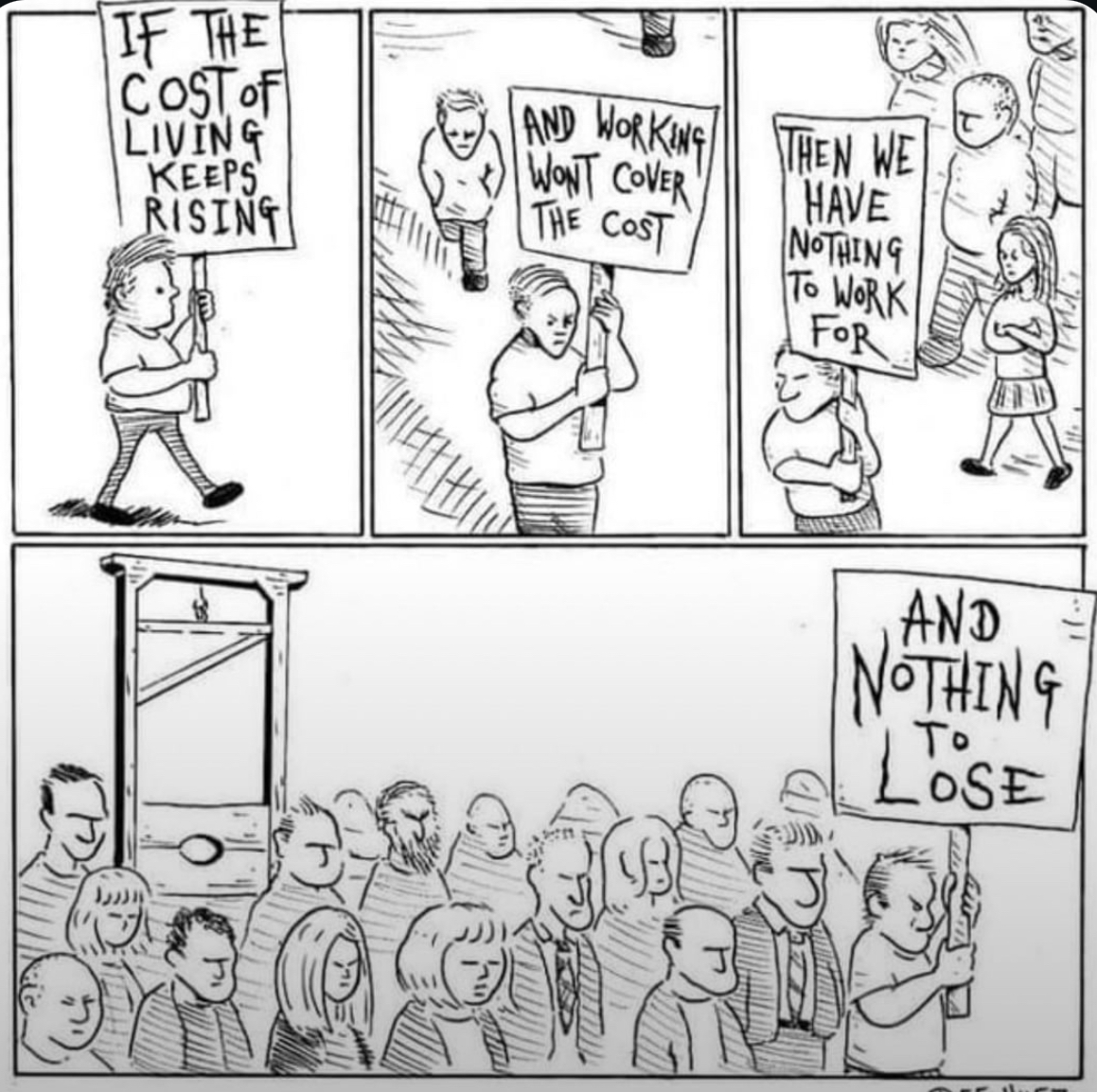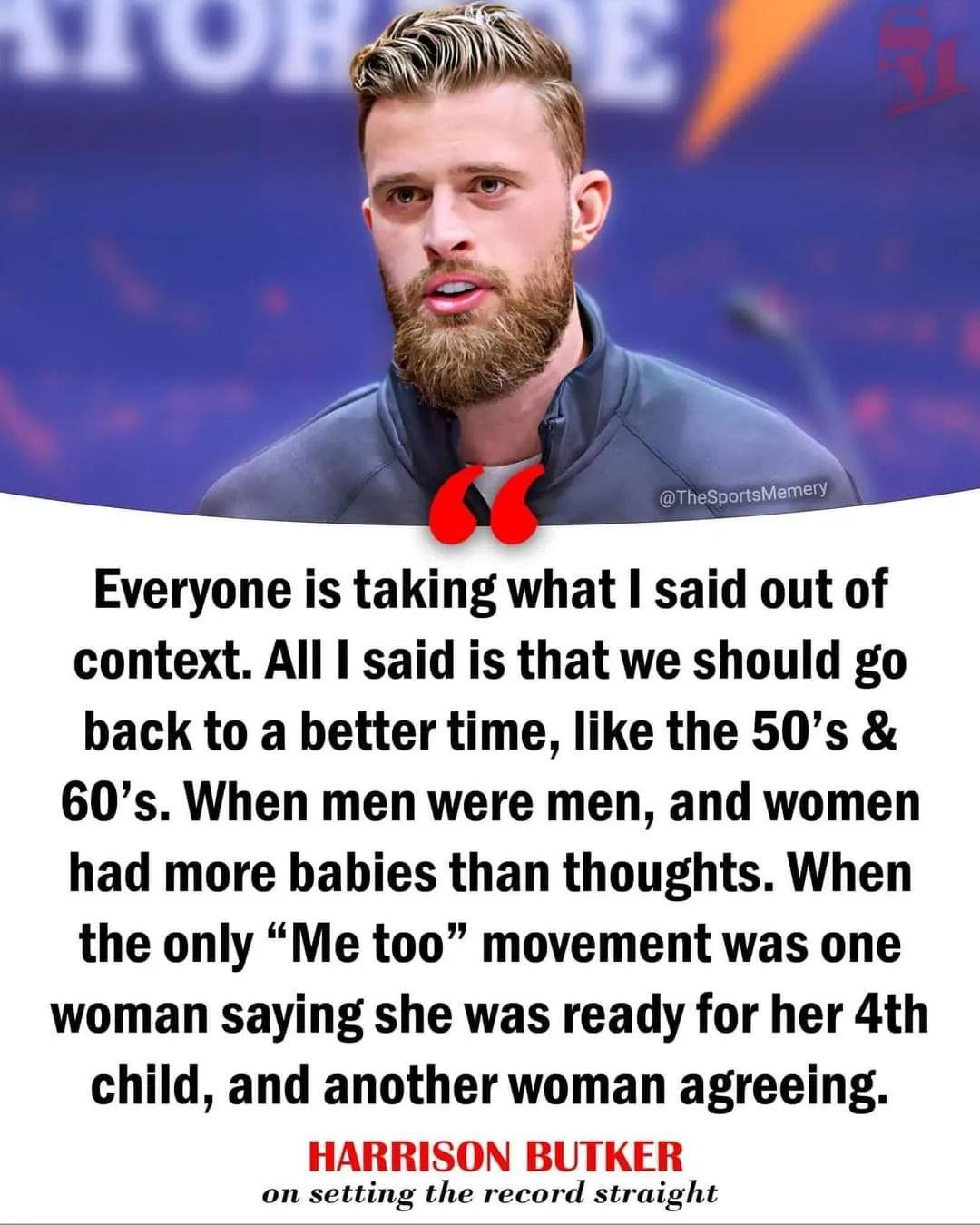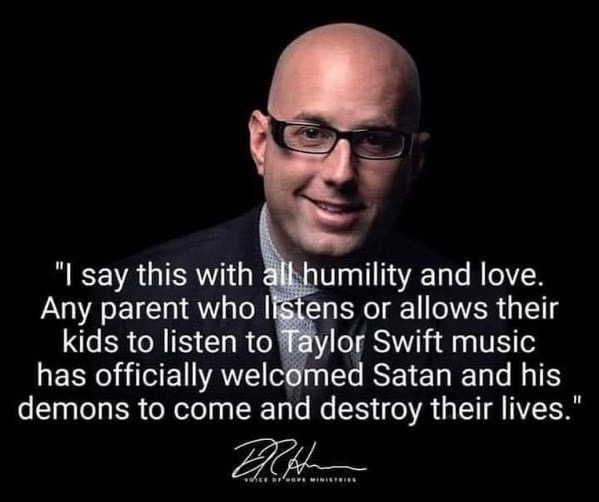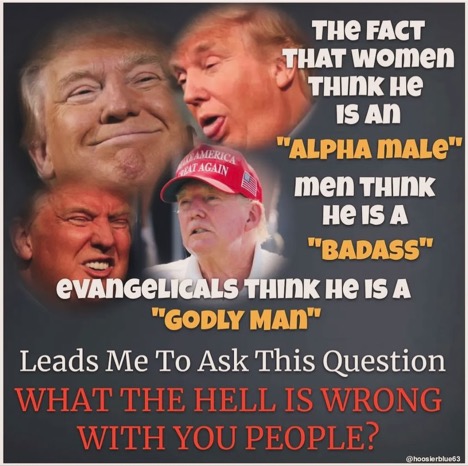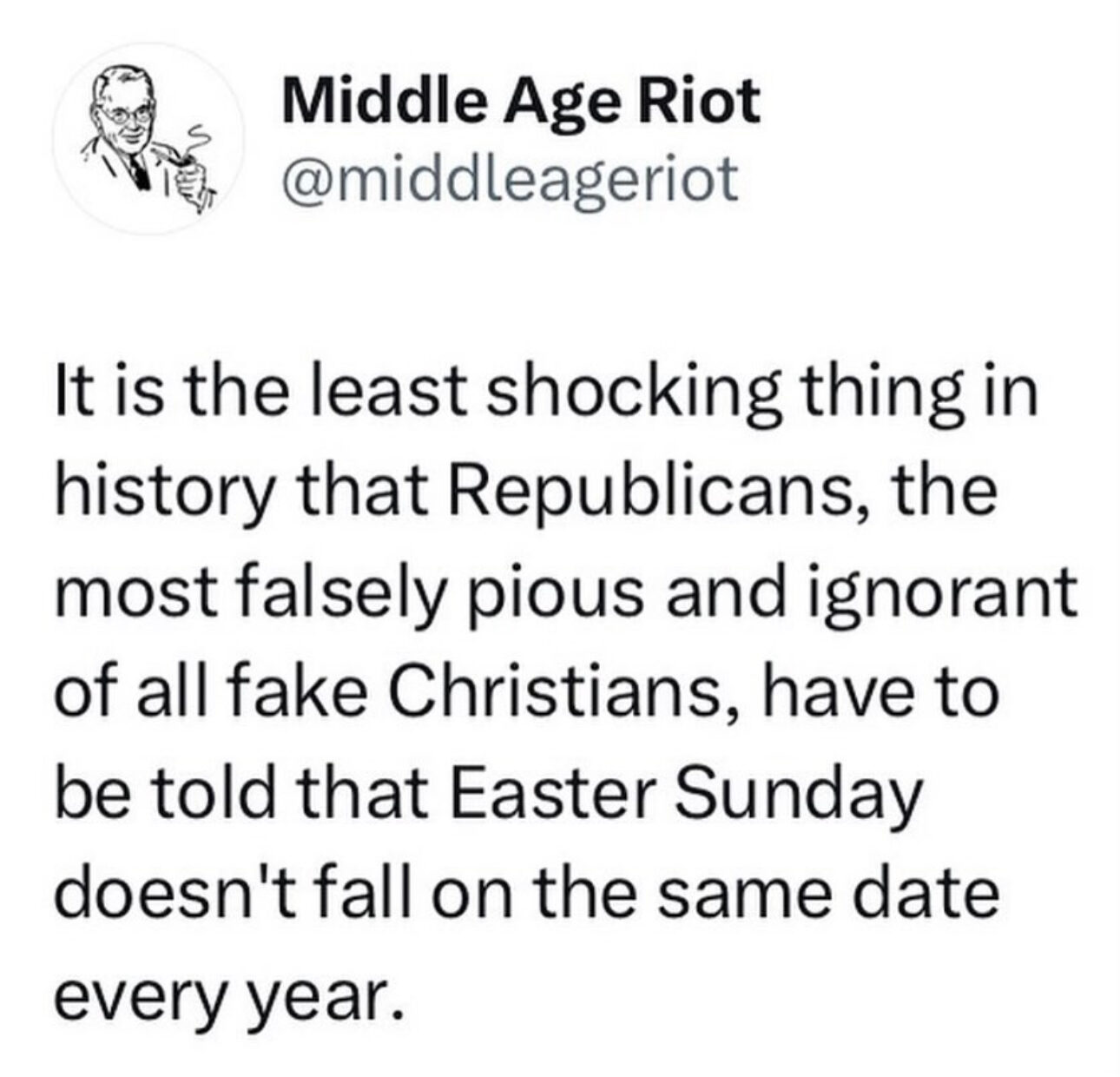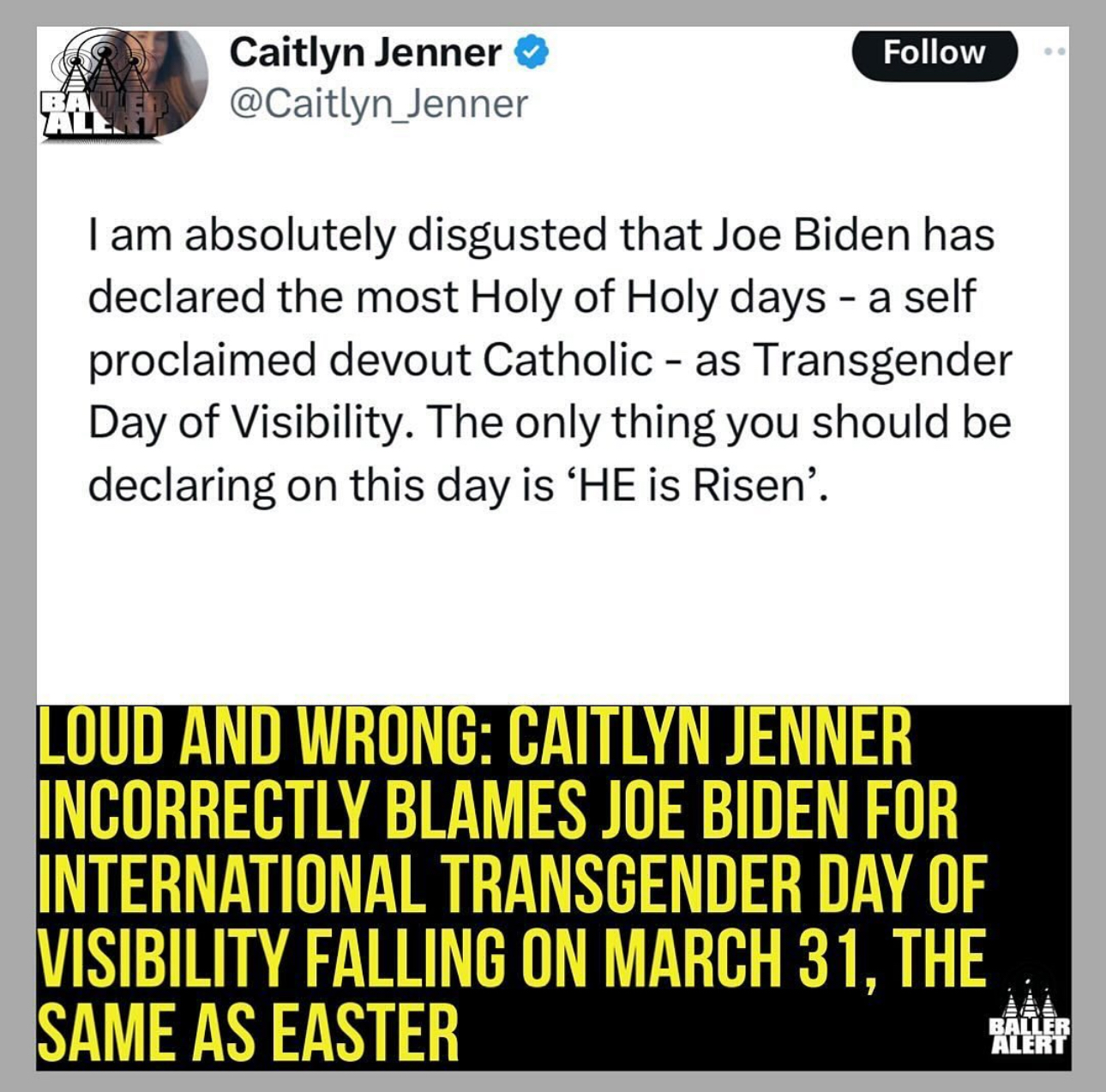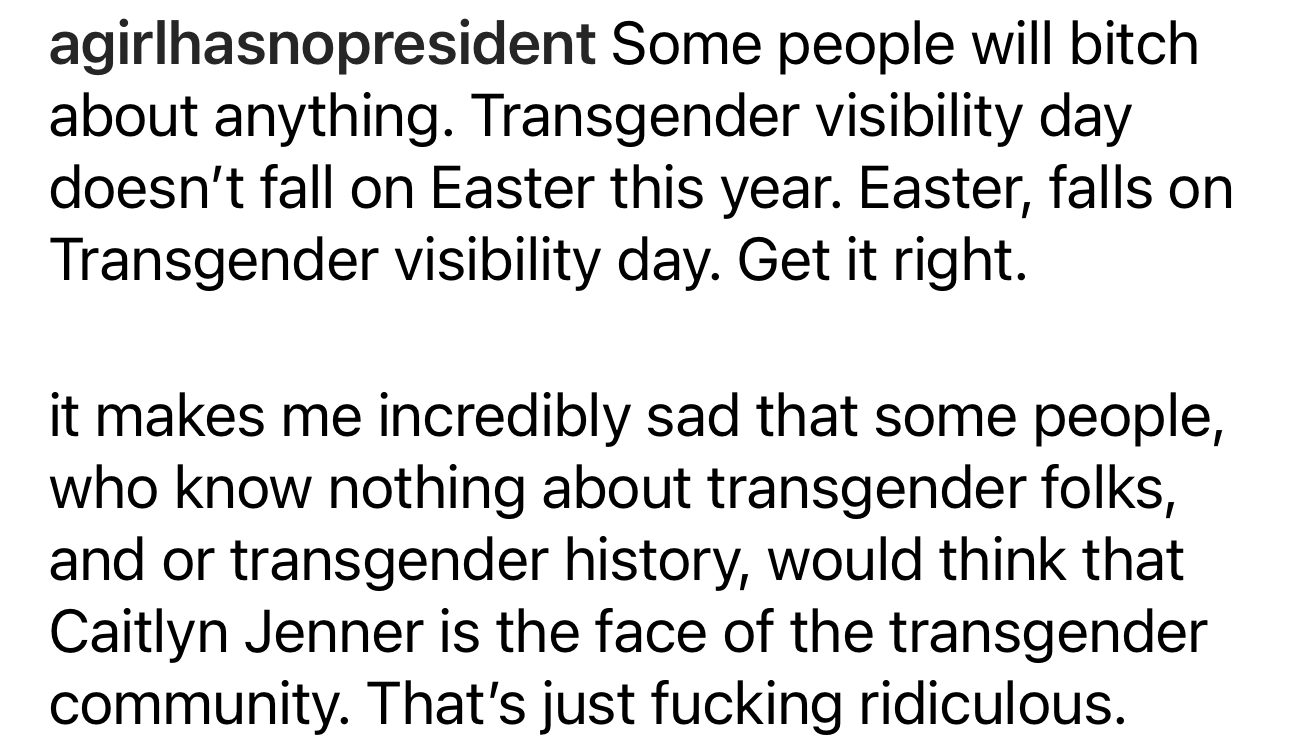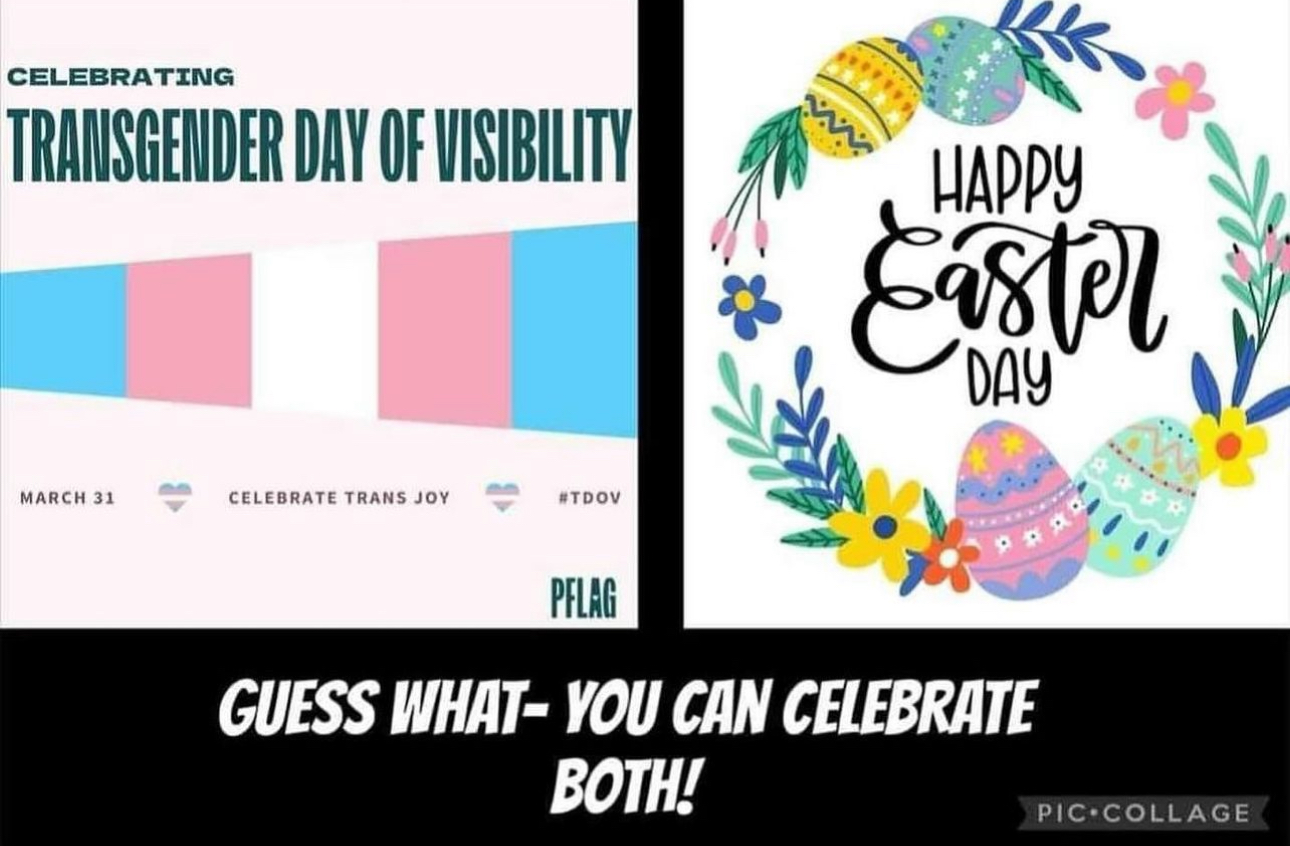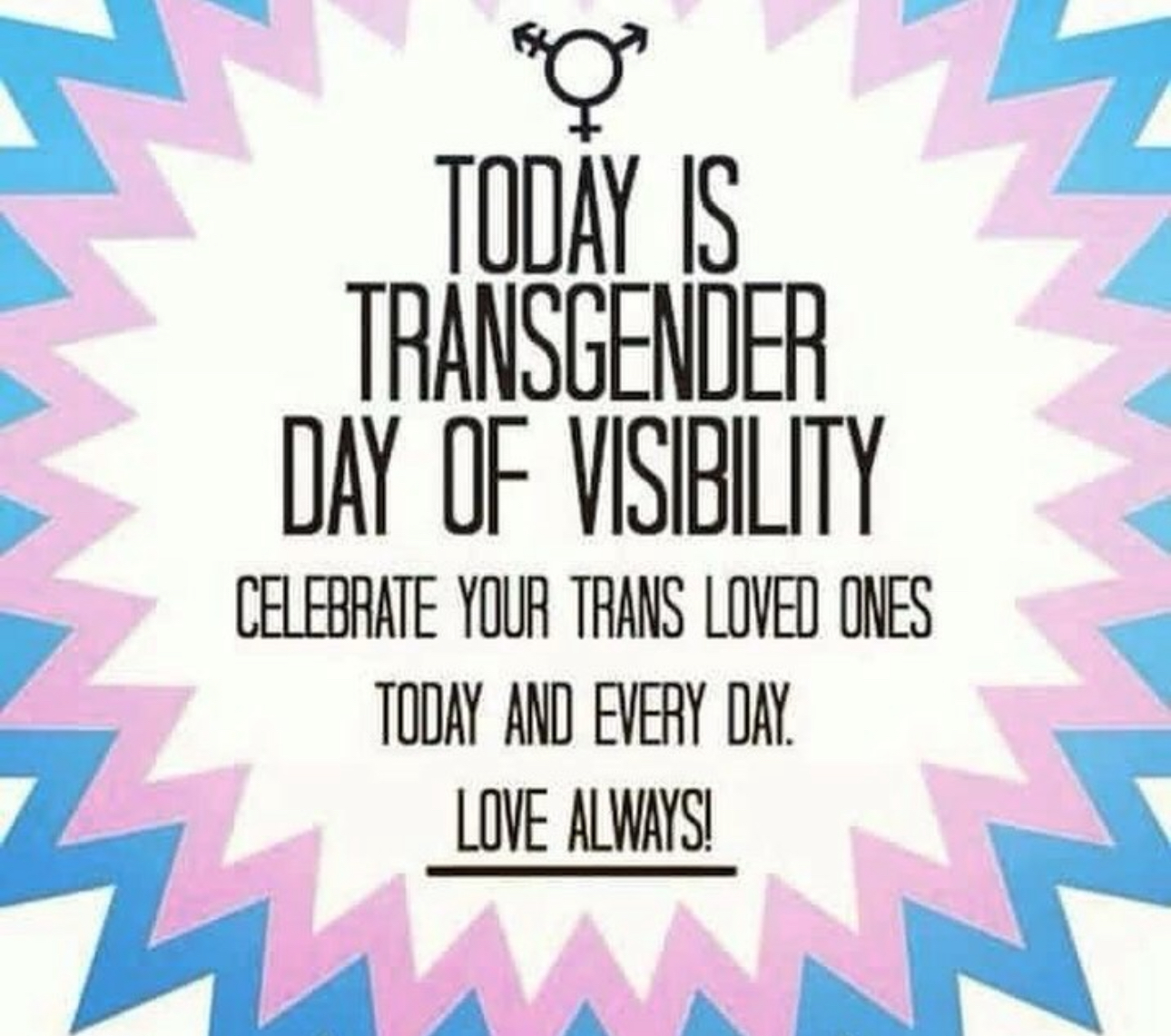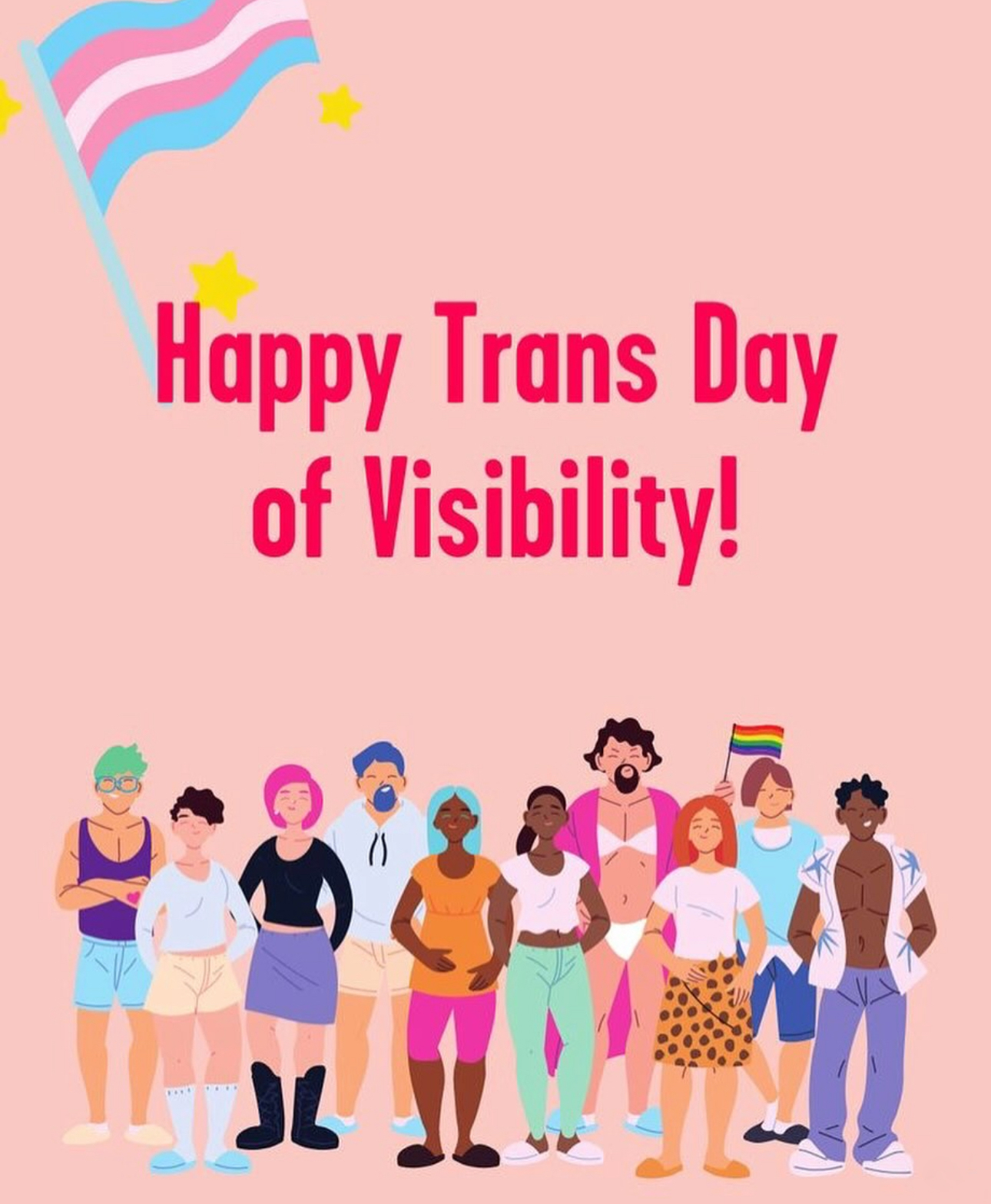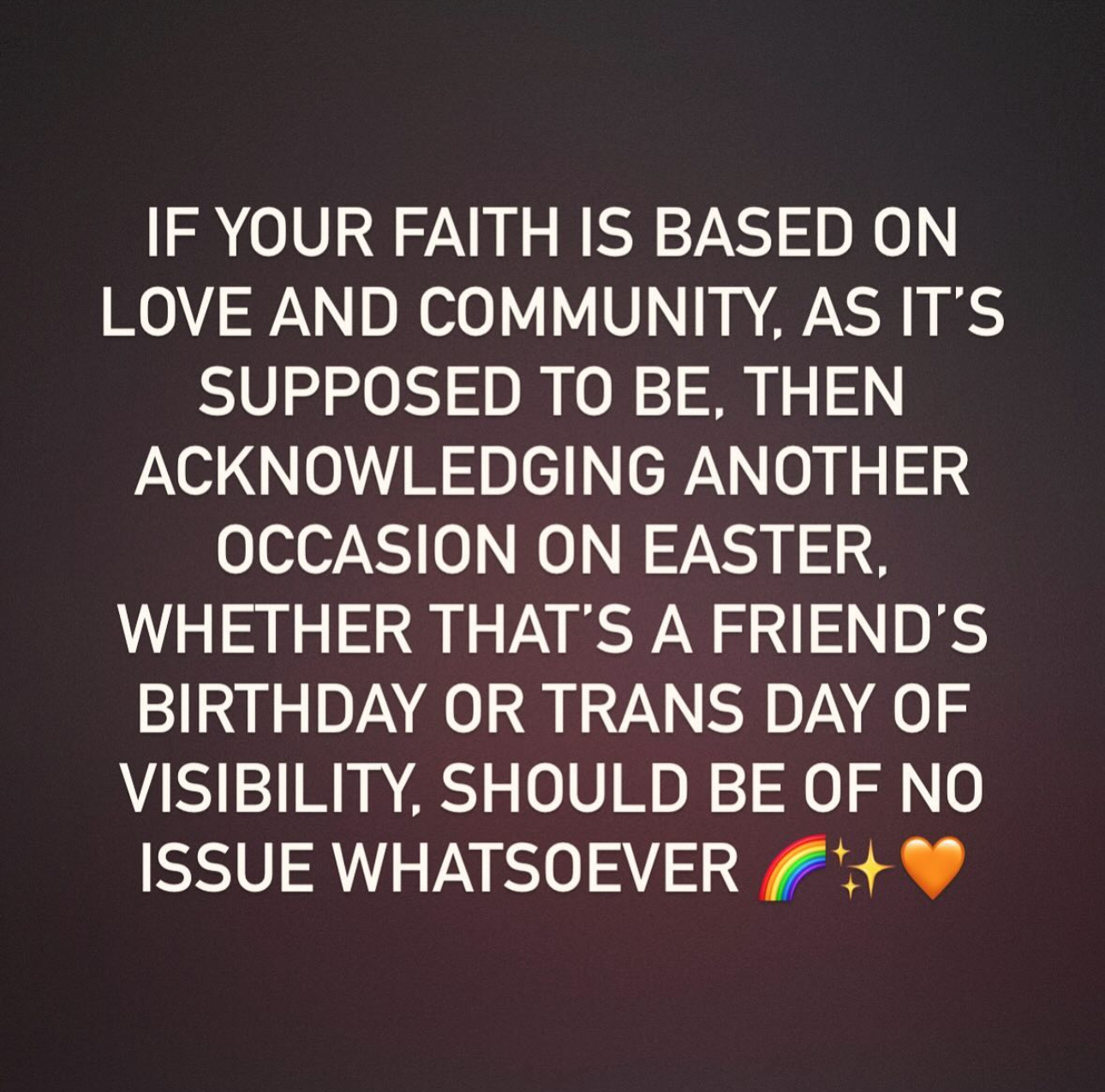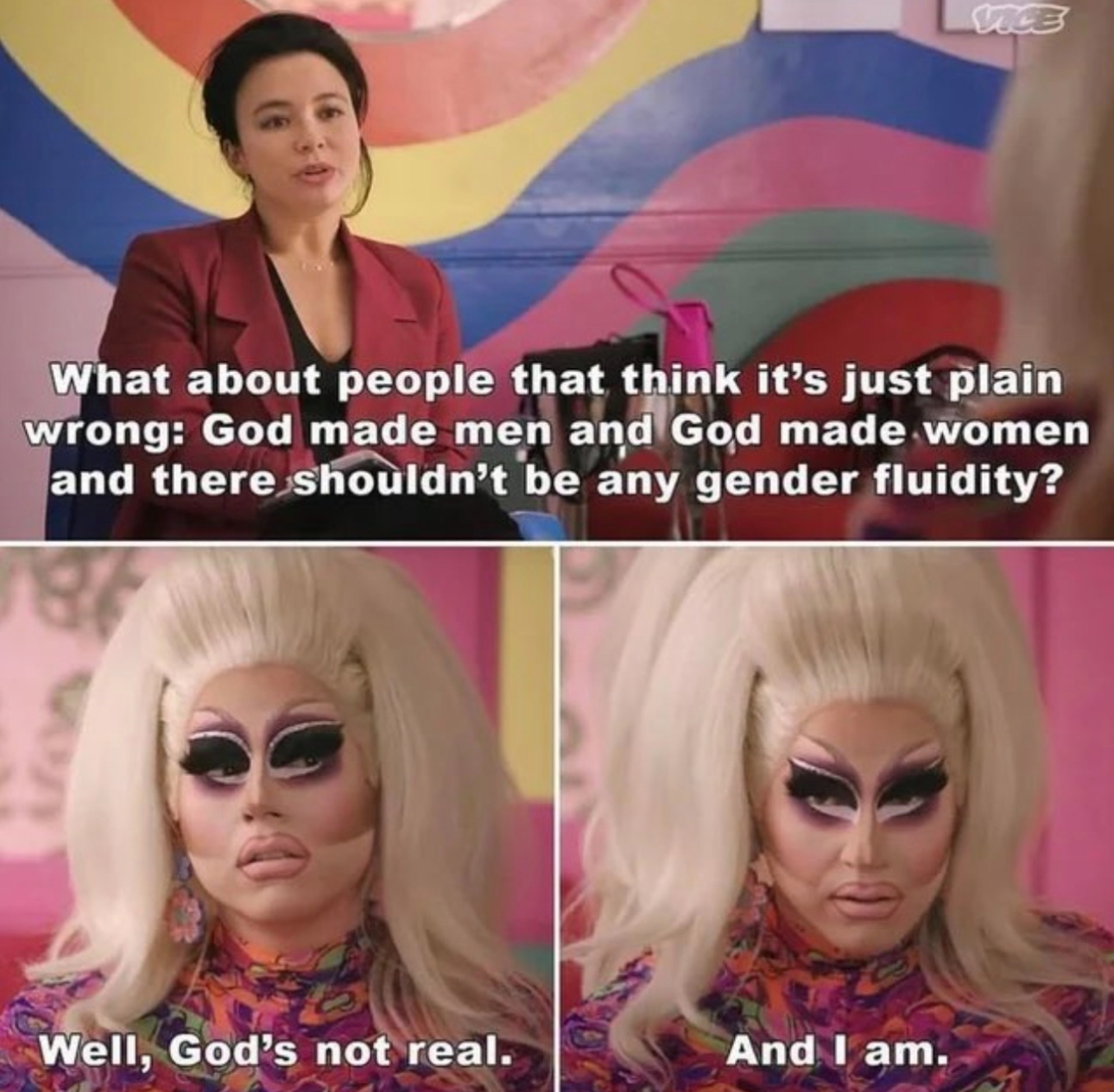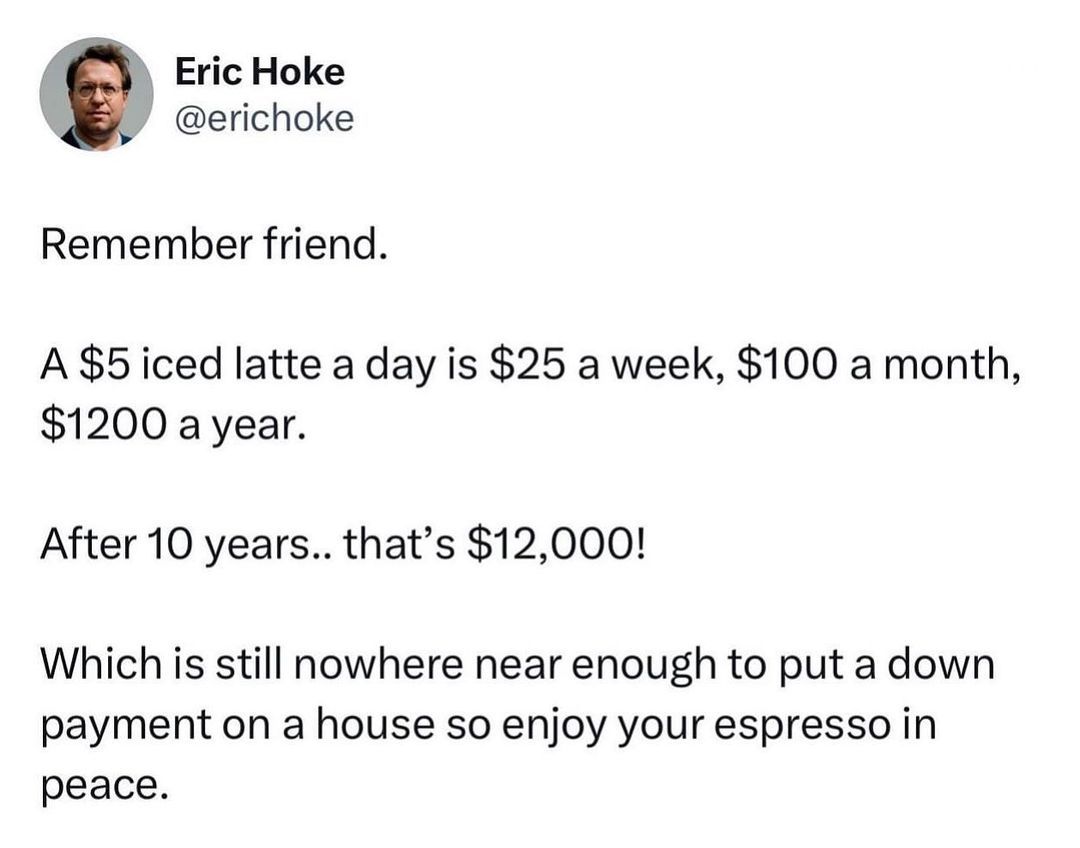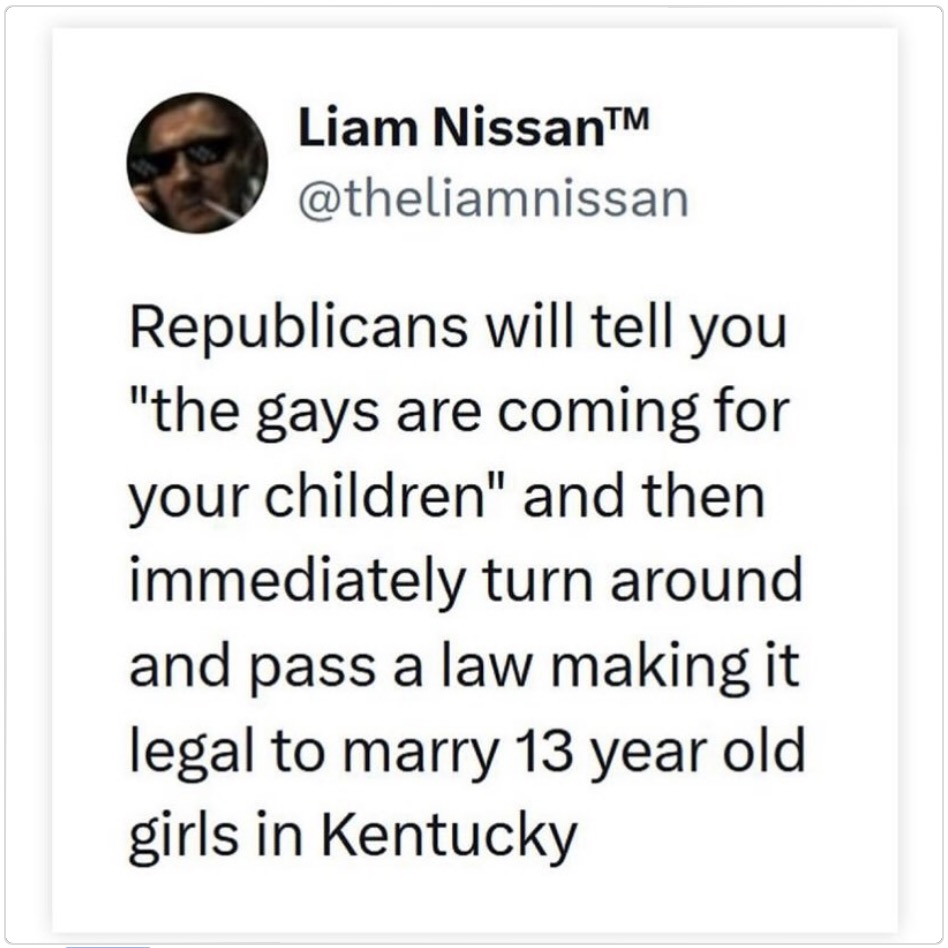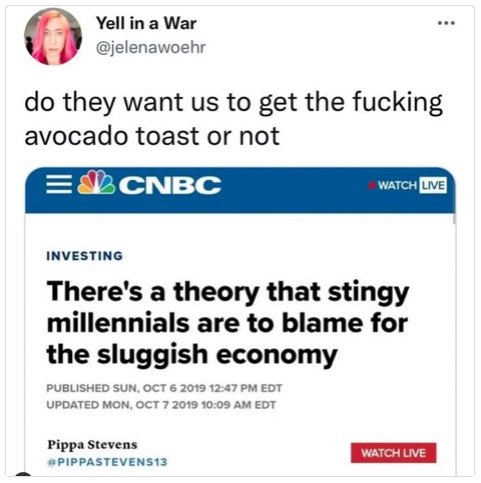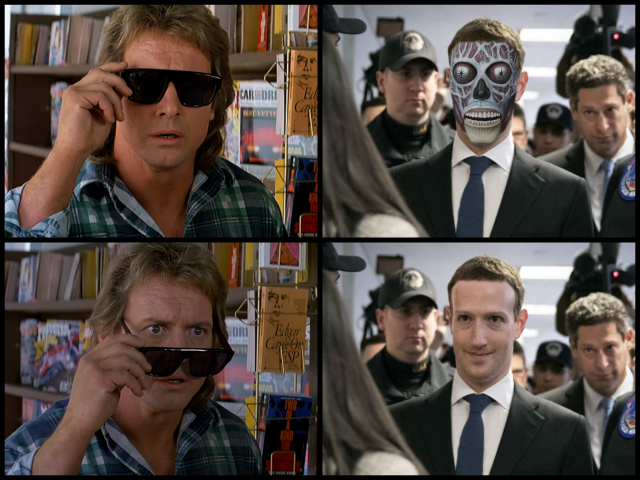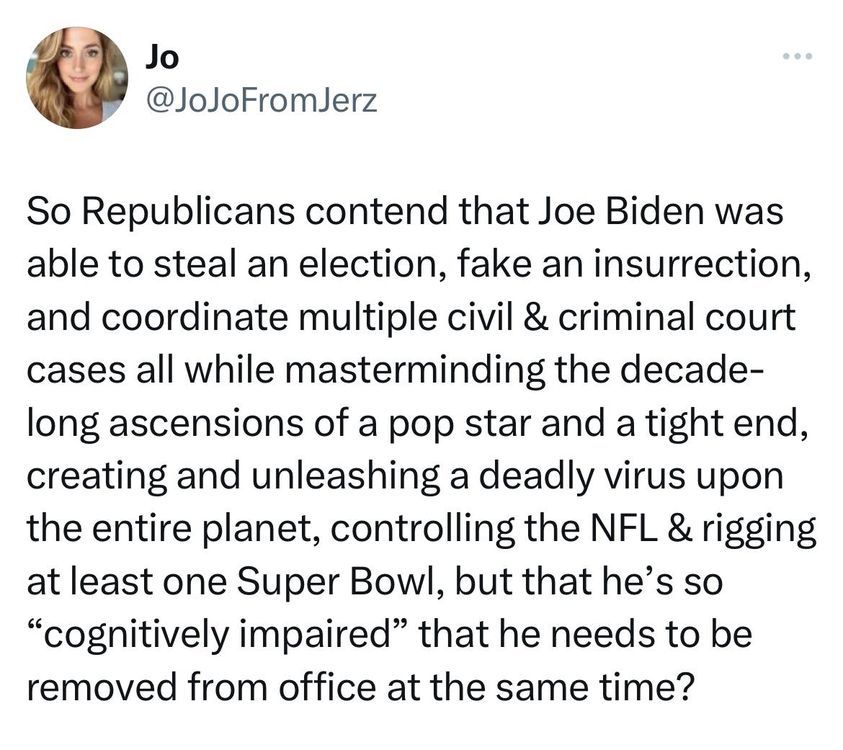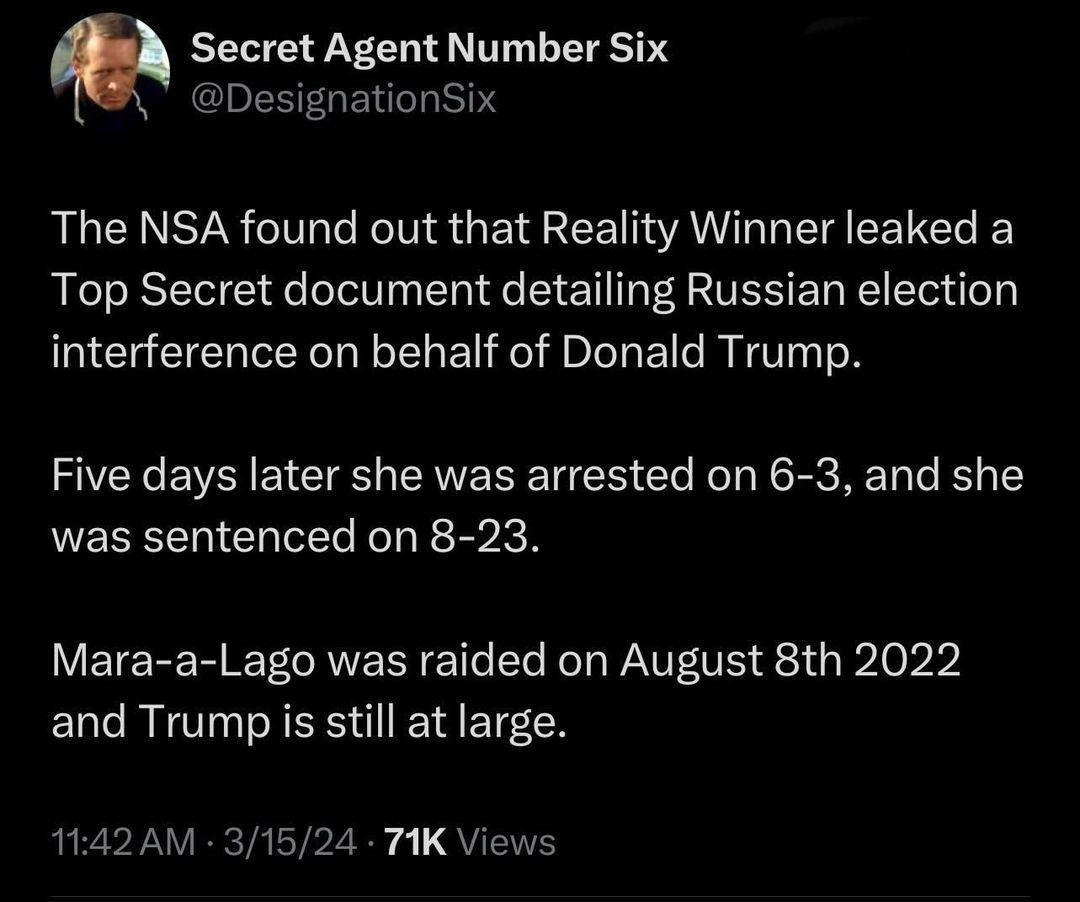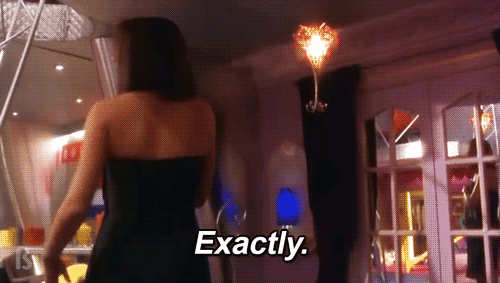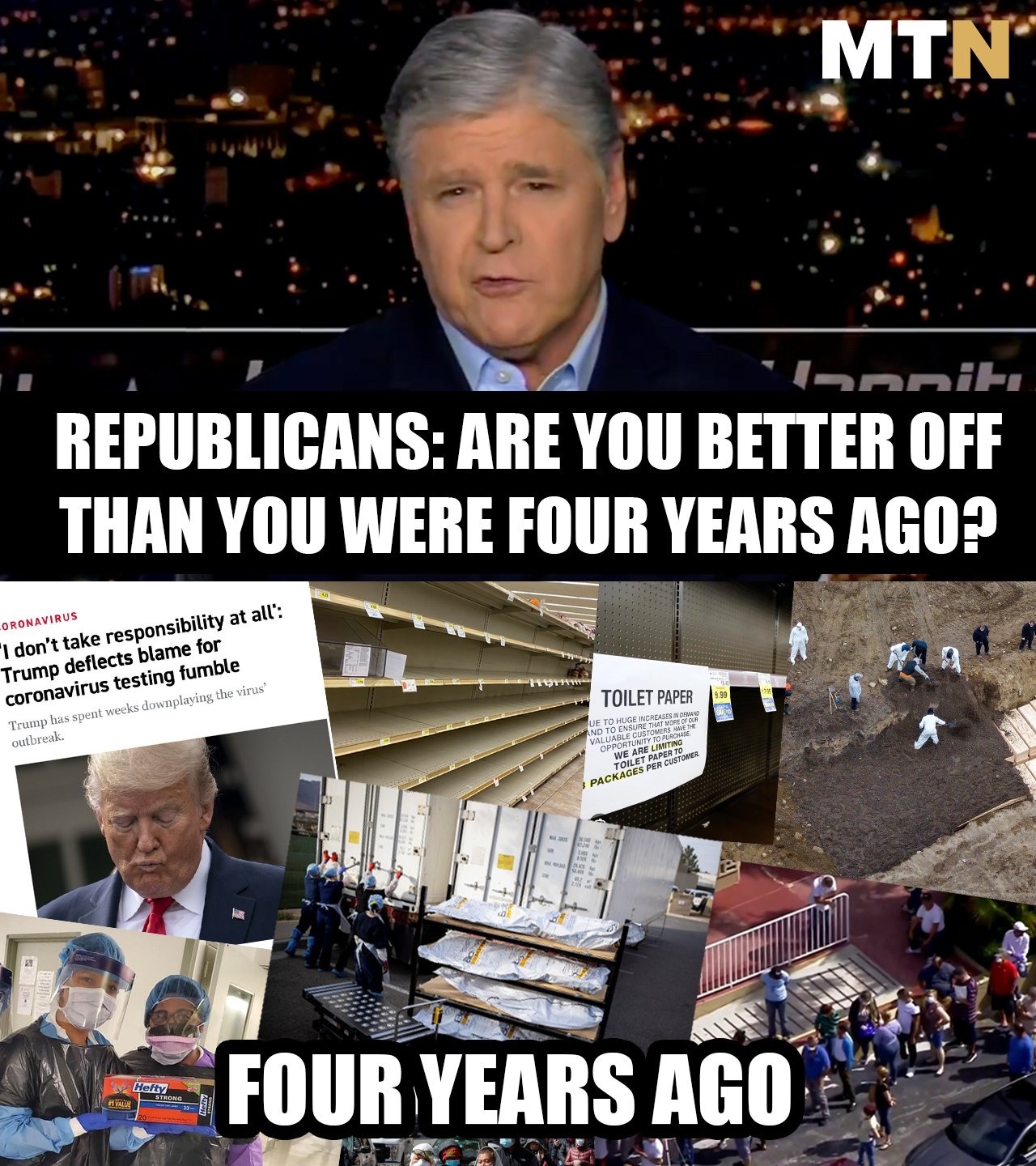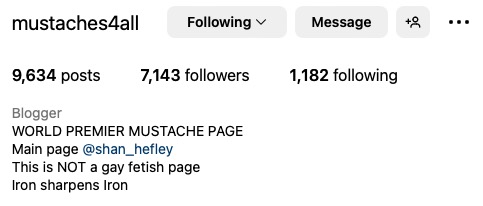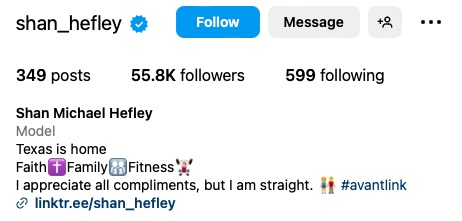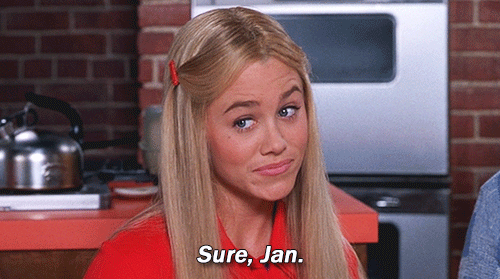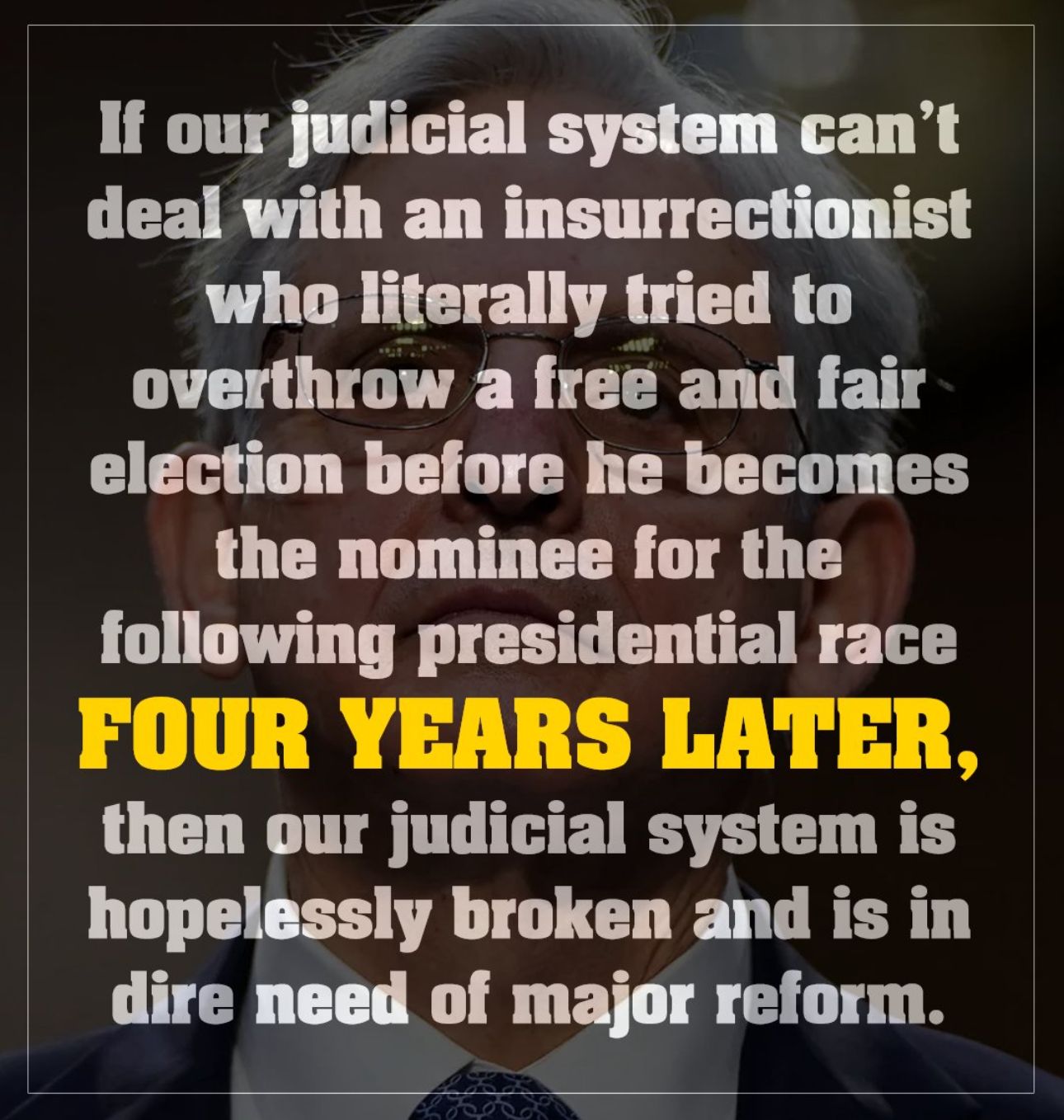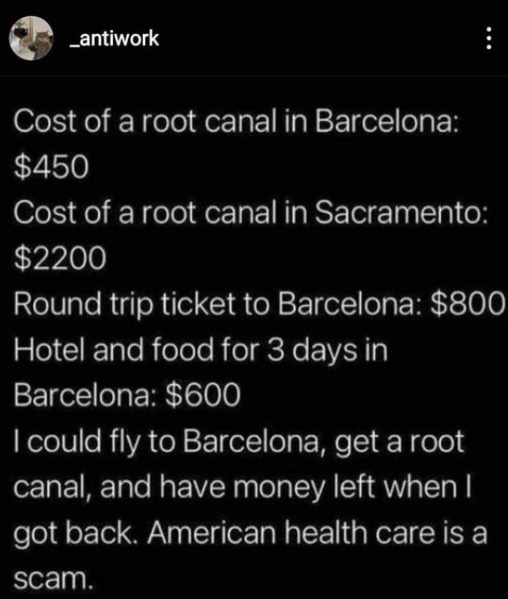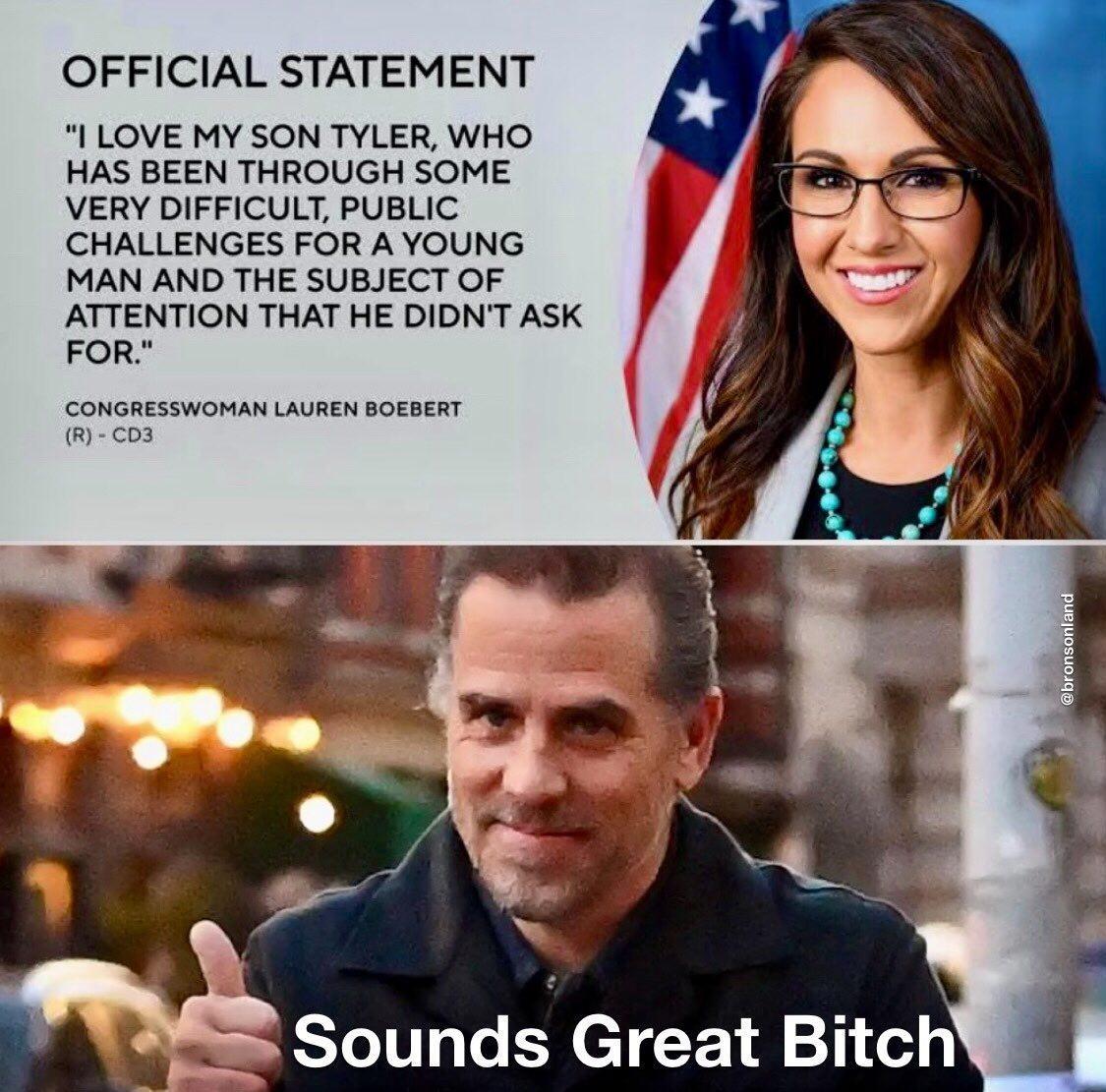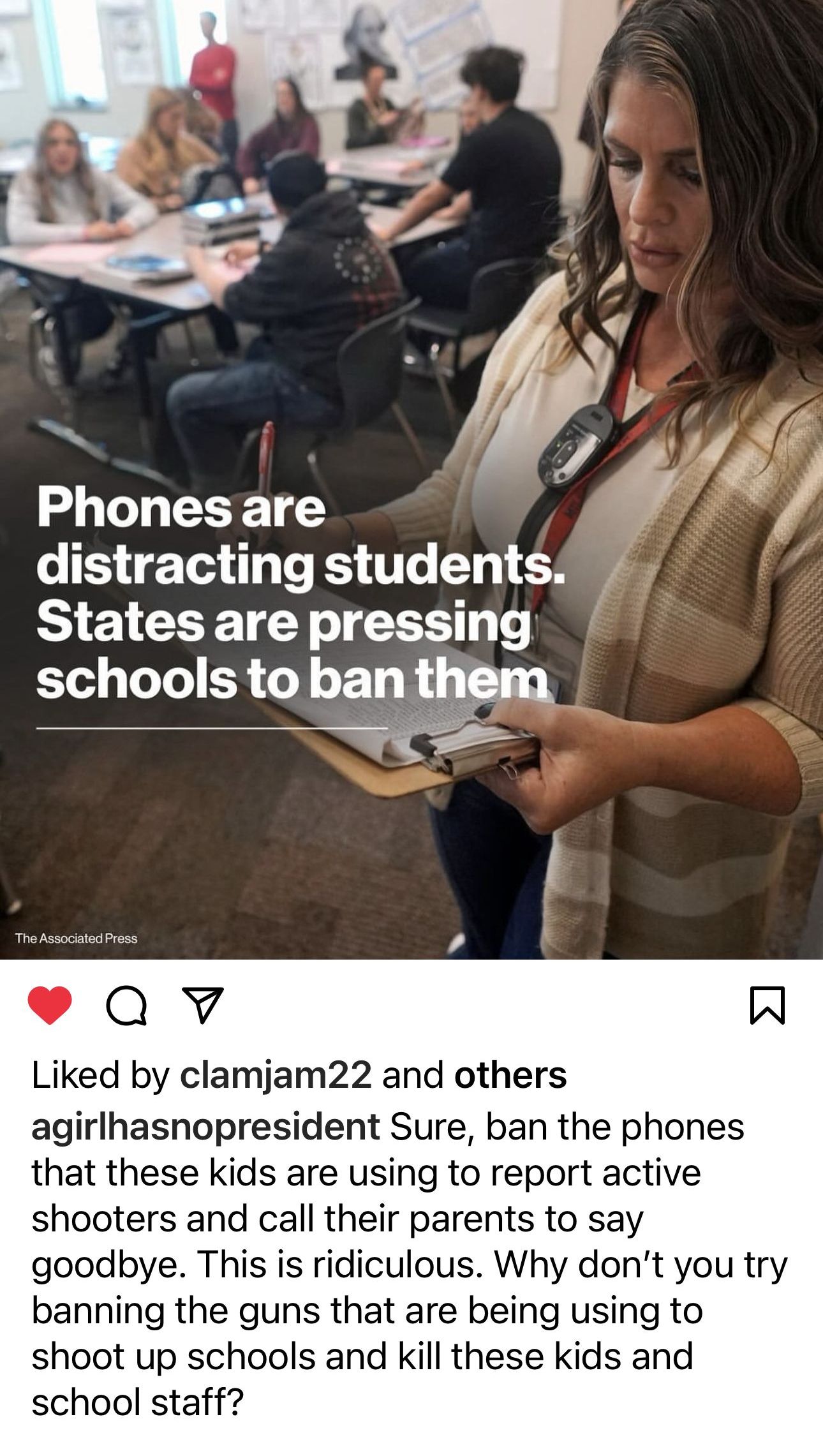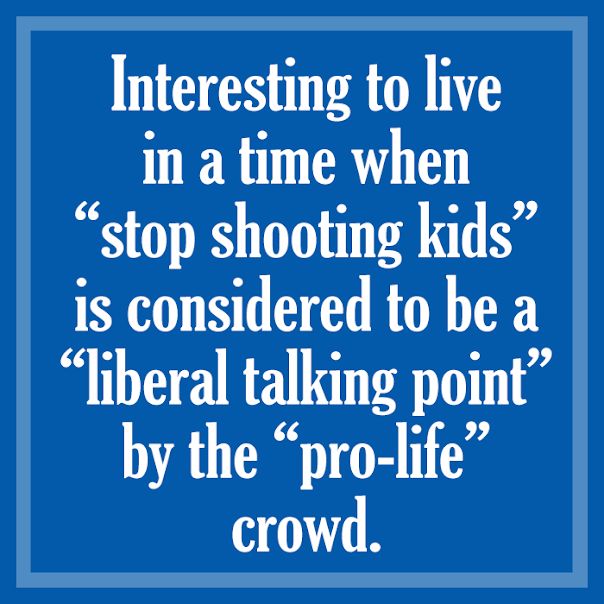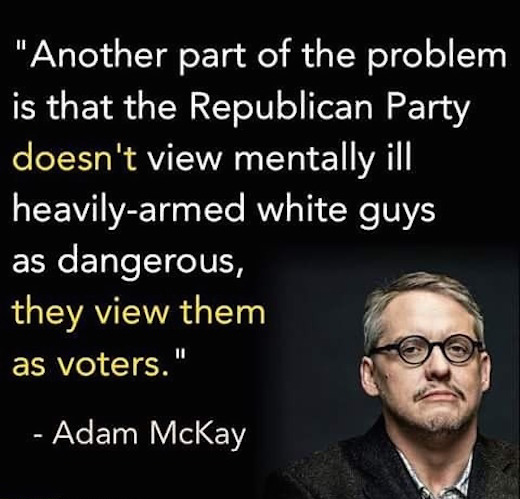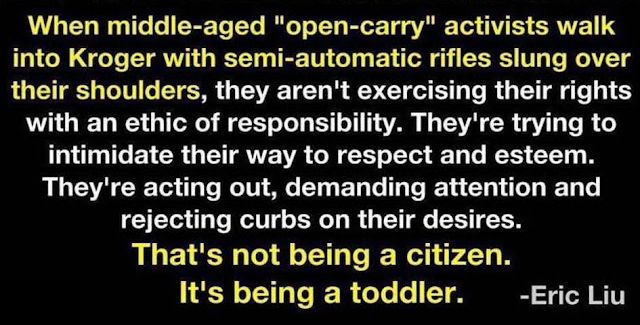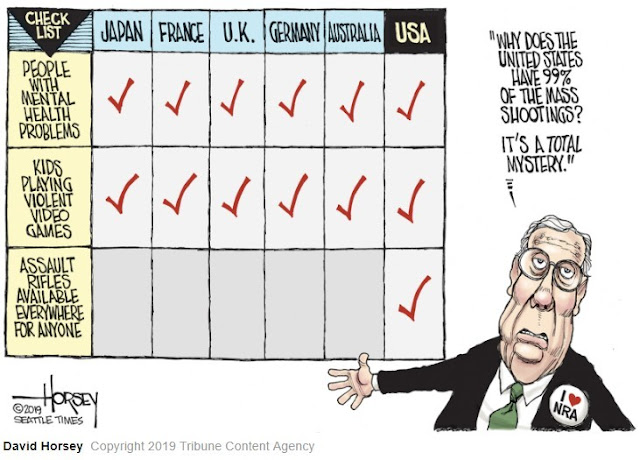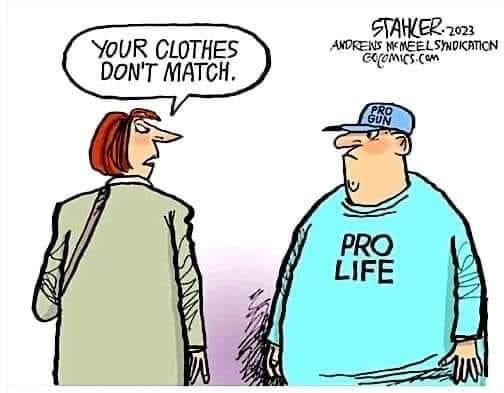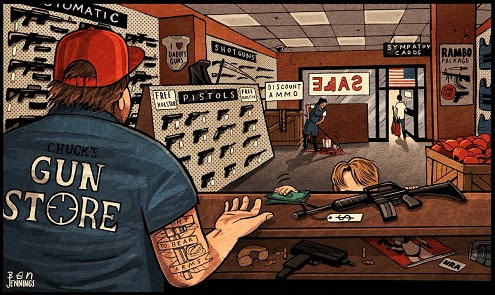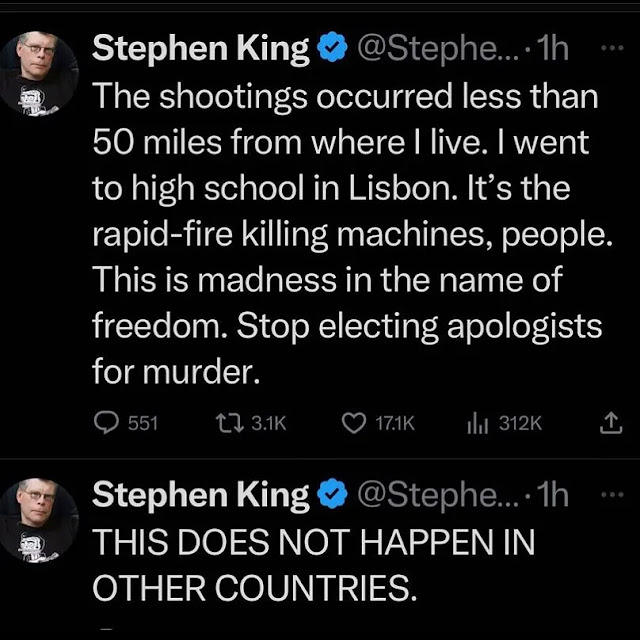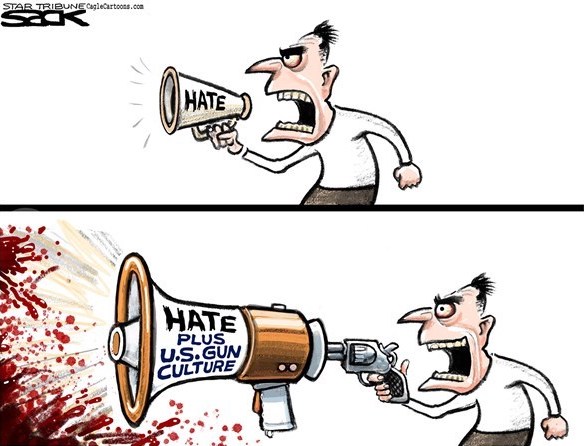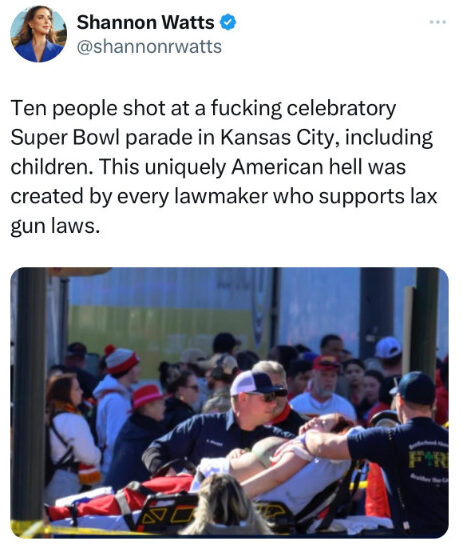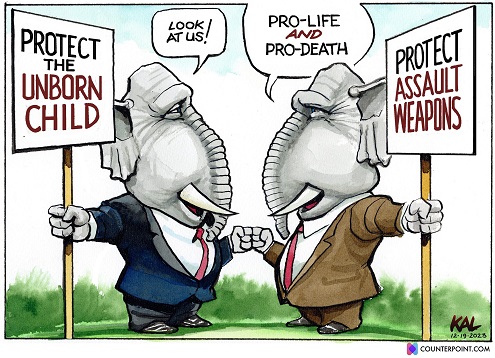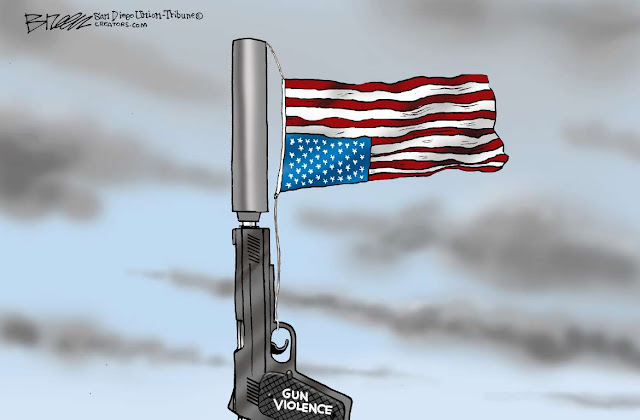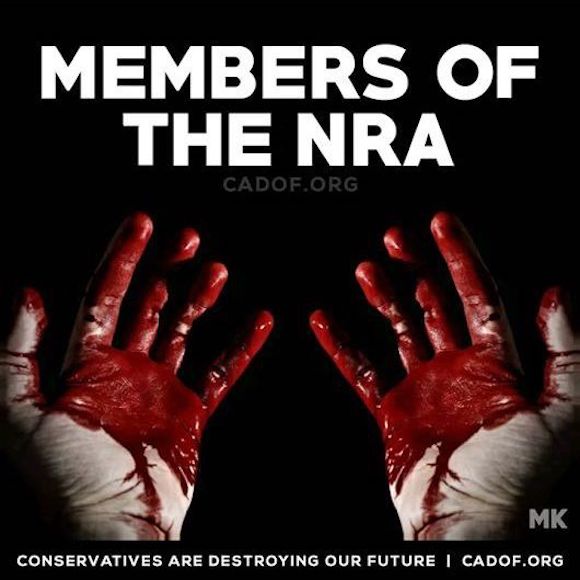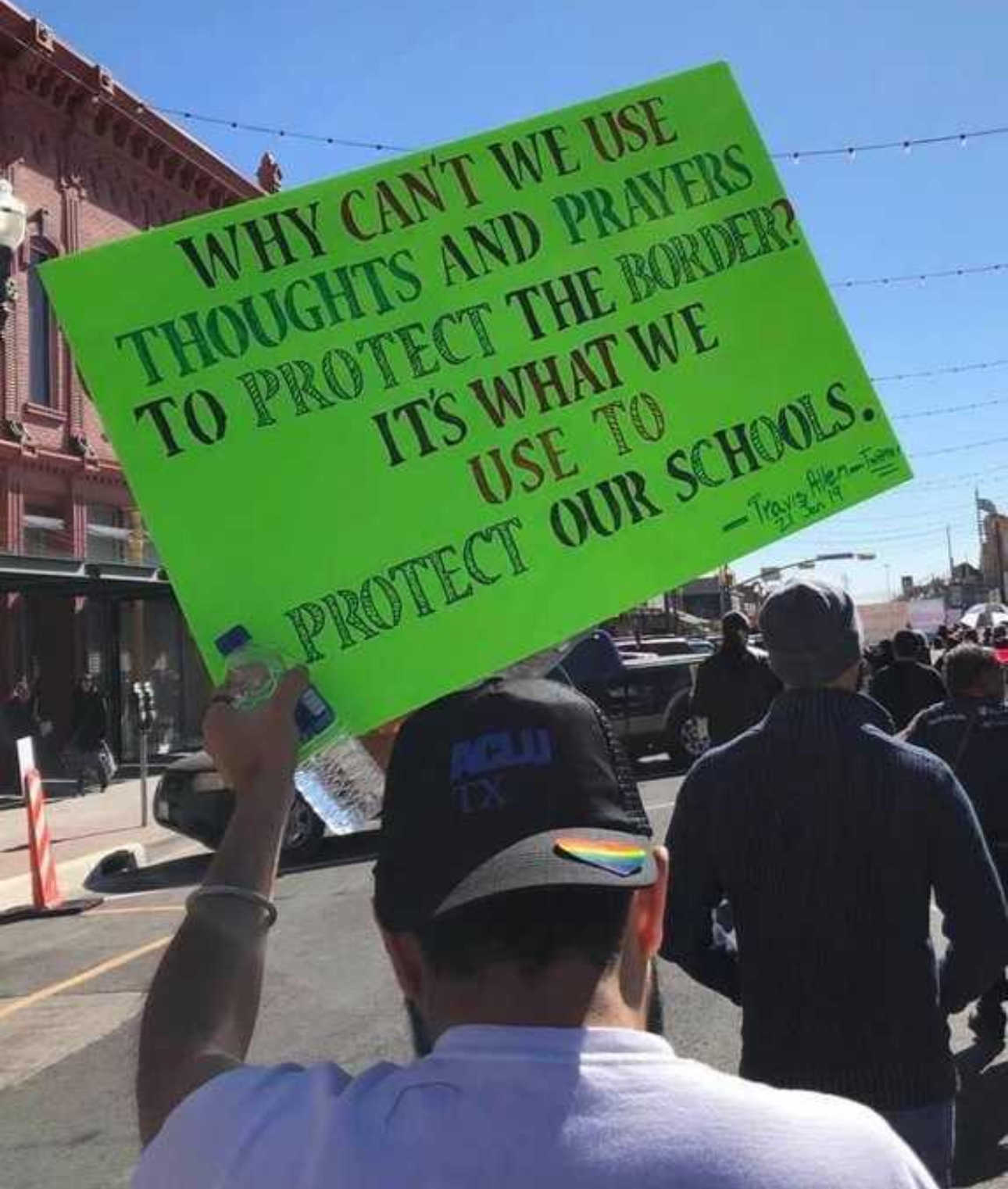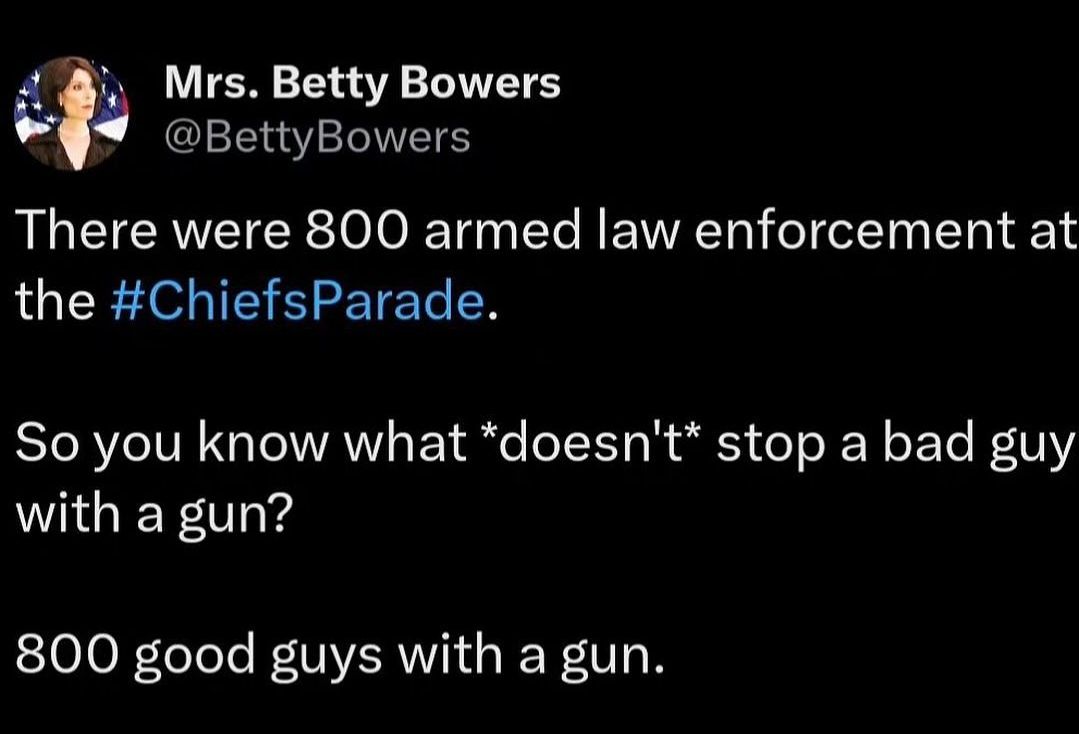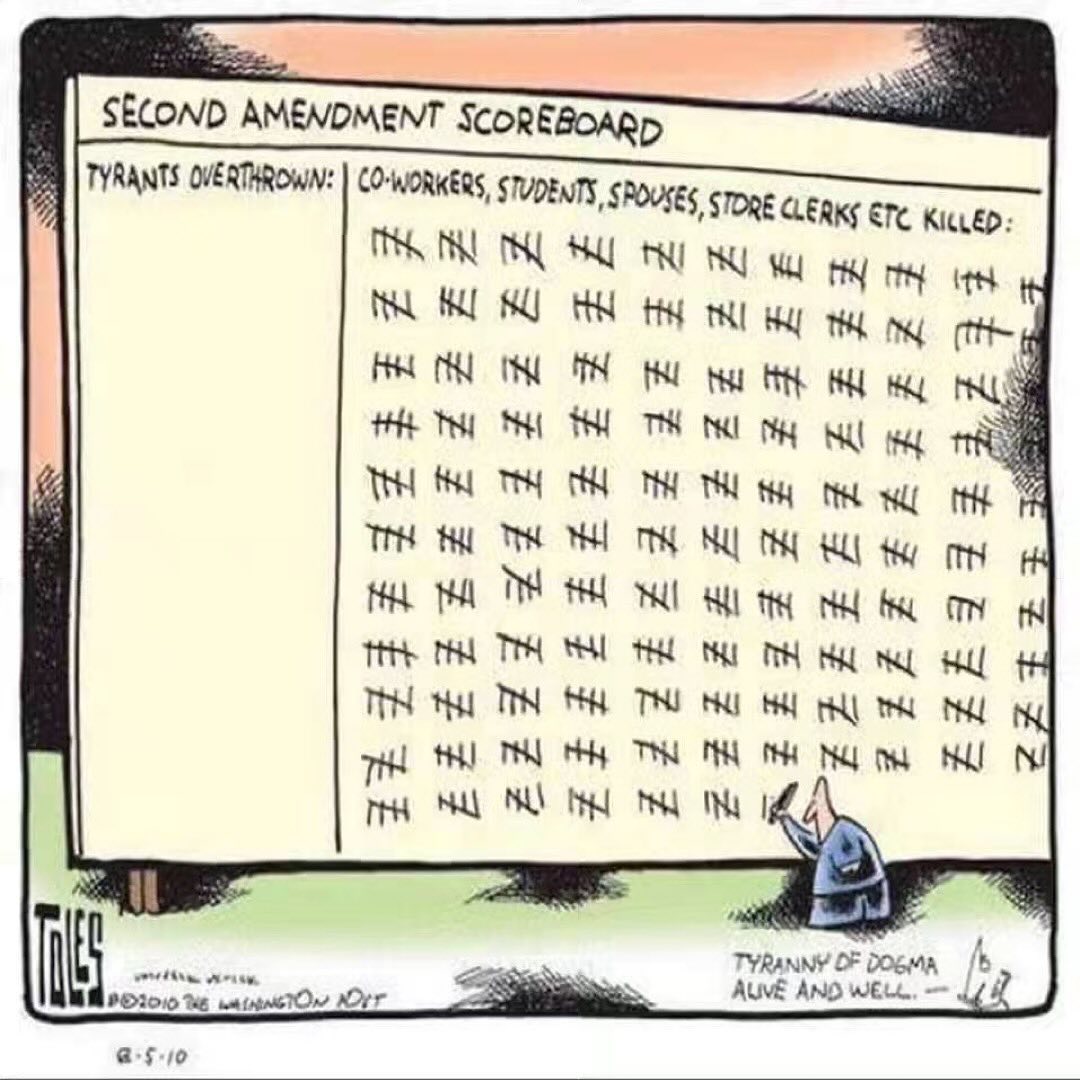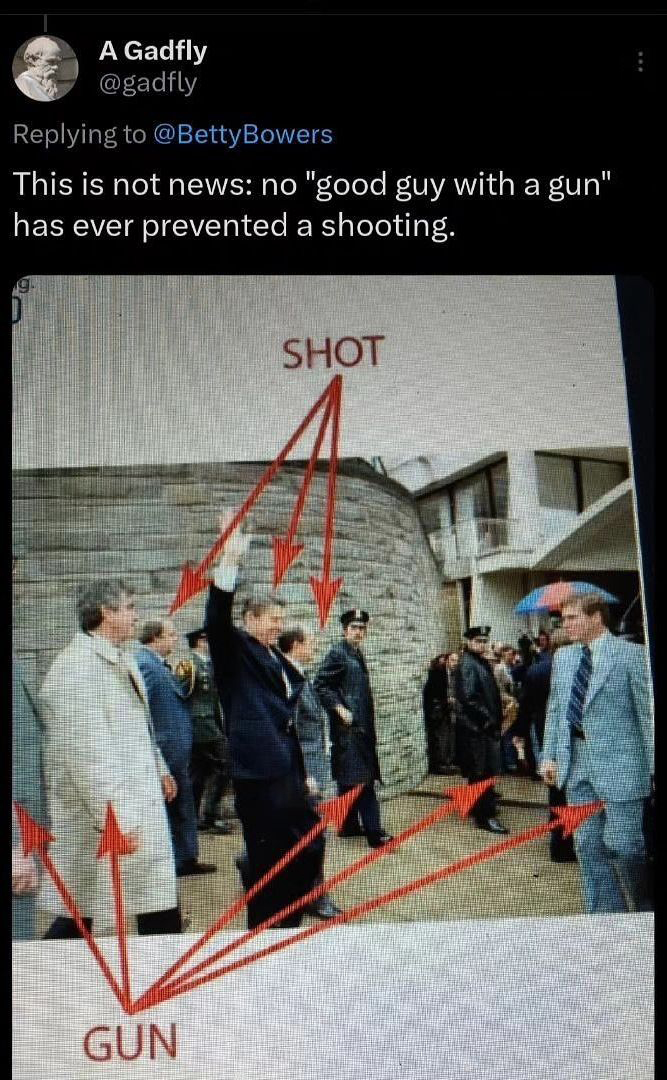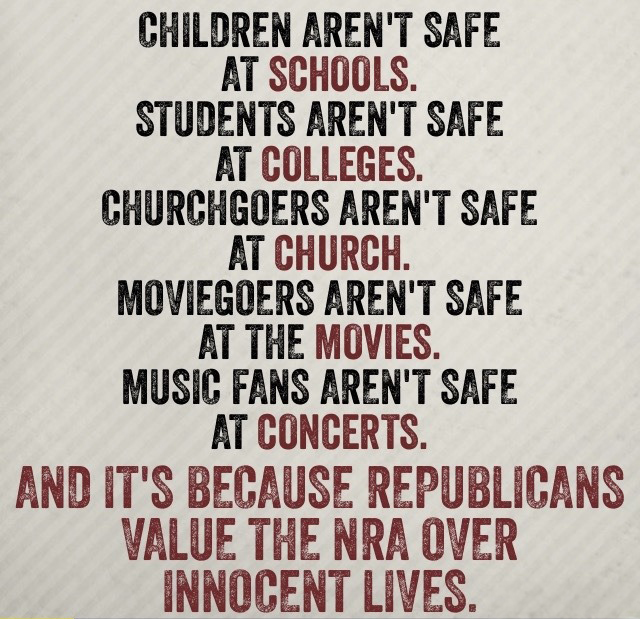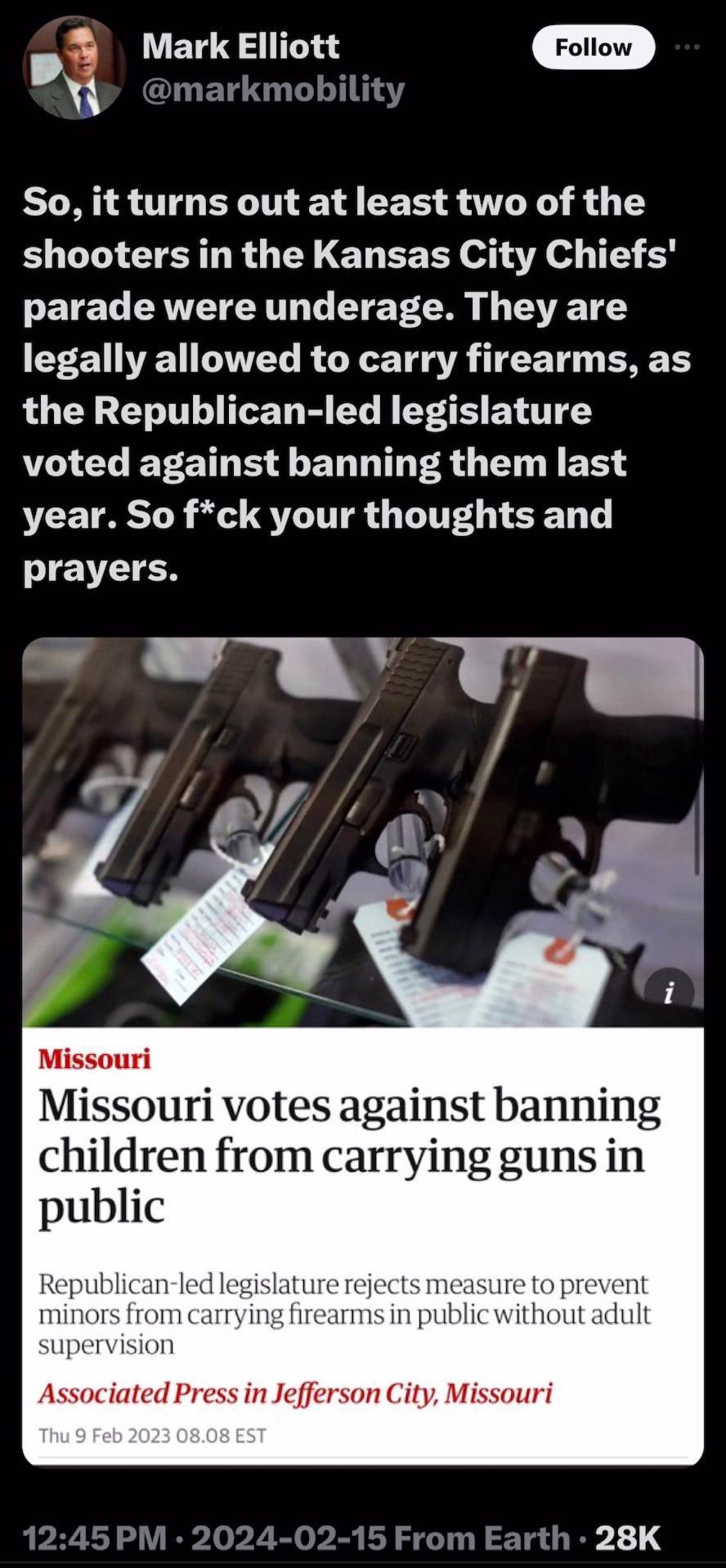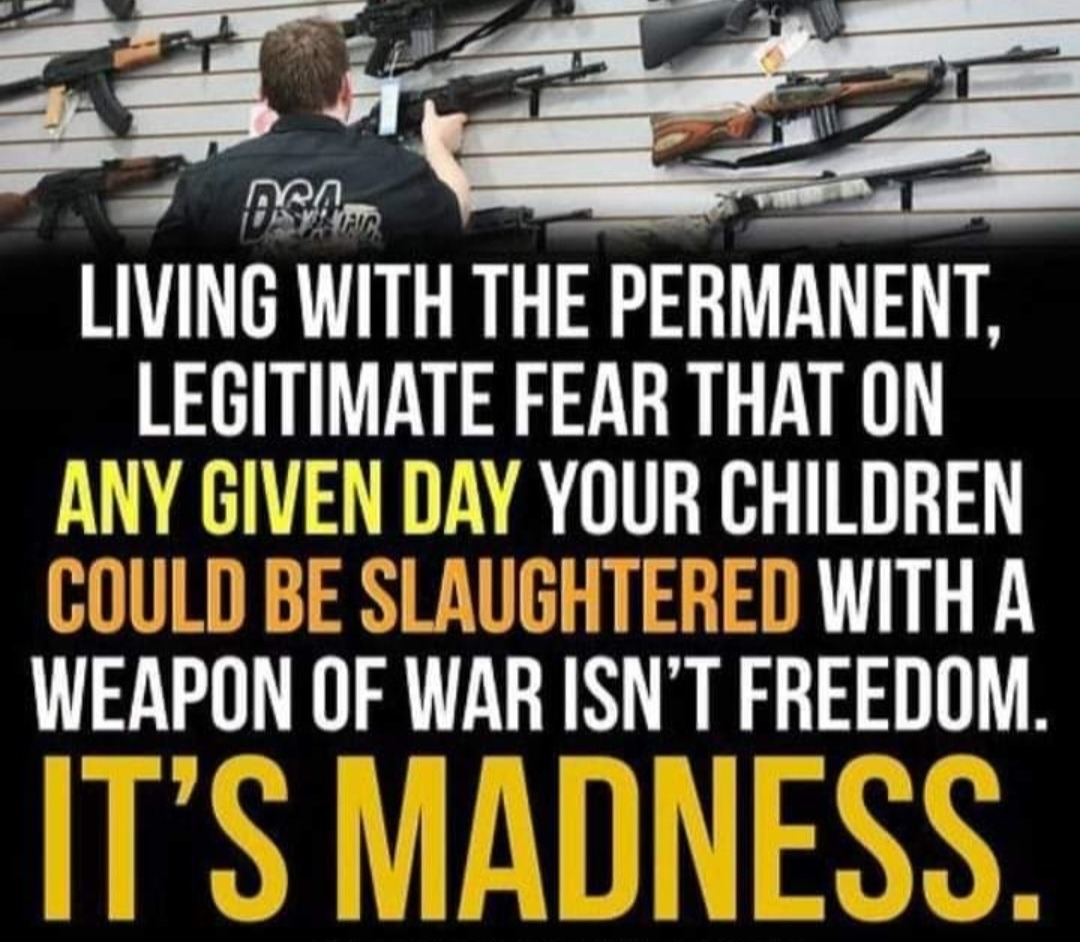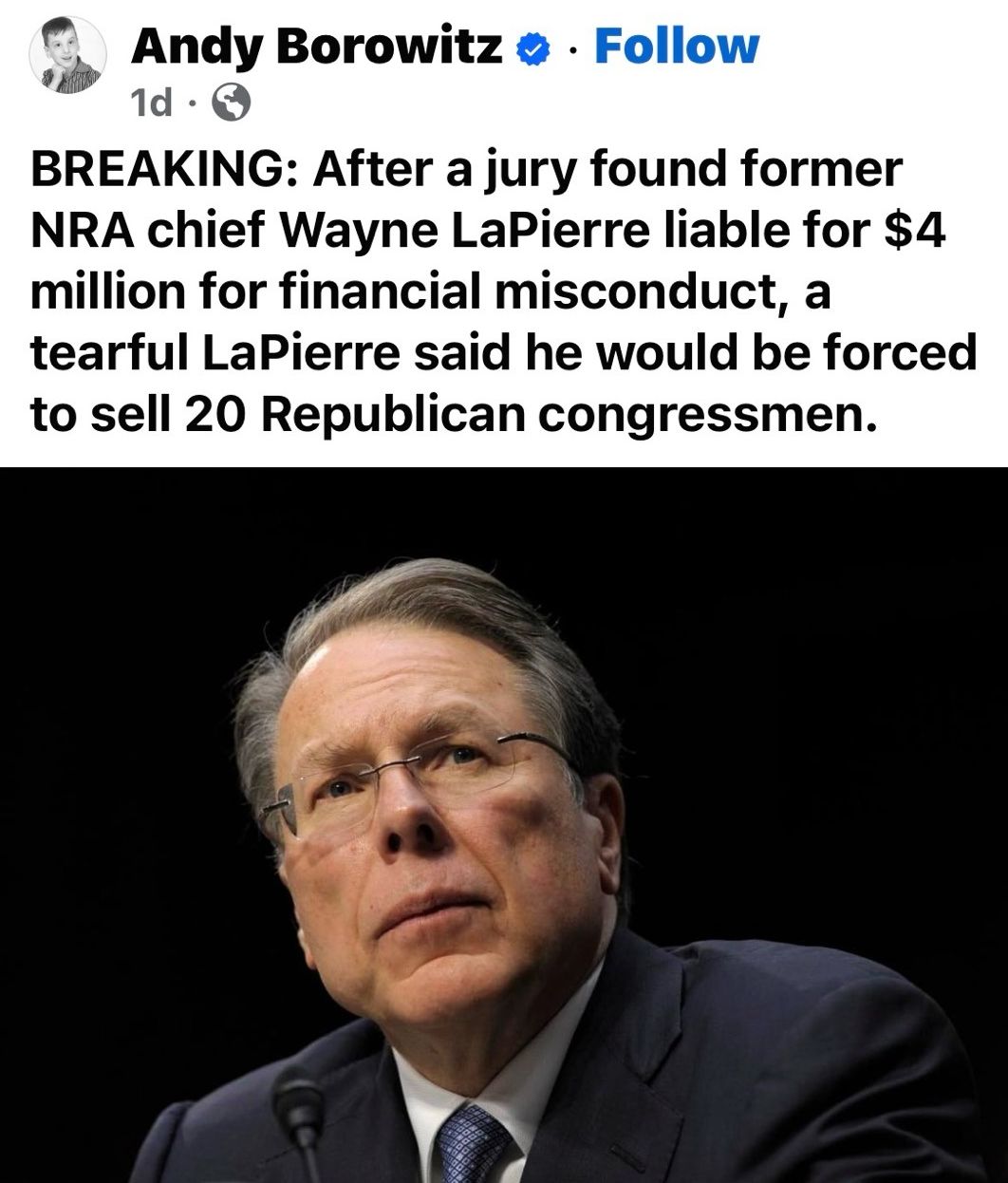No Lies Detected
It's No Wonder We're All Fucked Up
Let's Start With The Walton Family
Right?
Never More True Than Right Now
I. Just. Can't.
Read A Goddamned Book!
Eat The Rich
Dude, Stop Talking
BECUASE IT'S TRUE
Bat. Shit. Insane.
This piece of shit murderer pulled the trigger—and may he rot in prison for the rest of his life because of it—but every Republican who has ever encouraged violence had their hand on his gun.
The domestic terrorists who live in the Fox News Cinematic Universe are so terrified, angry, and out of control, I fear this is only the beginning.
Right?!
Funny Is Not The Word I Would Use
The Christianists Are Losing Their Fucking Shit
And Enjoy Some Avocado Toast While You're At It!
The Hypocrisy is Deafening
Make Up Your Goddamned Minds!
Take Note, Instagram/Threads Users!
Meta is extending their strange content rules to Instagram and Threads:
Instagram has moved to limit political content, with users now having to go into their settings on the app to turn the limiting feature off.
Users of the popular social media platform now have to go into their settings under "[c]ontent preferences," click "[p]olitical content," and choose the option to not "limit political content from people you don't follow," or else Instagram will limit political content from those the user doesn't follow by default.
[…] "So we're extending our existing approach to how we treat political content – we won't proactively recommend content about politics on recommendation surfaces across Instagram and Threads," the Instagram blog post continues. "If you still want these posts recommended to you, you will have a control to see them."
But of course, they don't mention about whether or not you will have control to block paid political ads in your feeds, and I bet we can figure out the answer to that mystery as the Goat Rodeo advances into the General Election.
[Via]
Uh huh.
Exactly
No, You Bootlicking Nazi Fucktard, We Weren't
Don't Worry…
I won't be posting any more pictures of this fragile-masculinity "godly" asshole.
Apparently the owner of this account reposts other guys pix "in the interest of men promoting men's masculinity" or some such nonsense and then gets all bent out of shape when other gay guys hit on the guys he's posted.
"This is NOT a gay fetish page"? Could've fooled me, dude. And his main page?
"…but I am straight."
"Straight" men do not post pictures of other mens' mustaches with an almost fetish like devotion.
Because It's True
Just Sayin'
I Am Exhausted By The Republican/Evangelical Hypocrisy
Can We Please Just Impeach This Asshole?
From Greg Fallis:
A couple weeks ago — the day before Valentine's Day, in fact — the House GOP impeached the Secretary of Homeland Security, Alejandro Mayorkas. Why? Did he commit any 'high crimes and misdemeanors'? Nope. Is he even suspected of committing any HC&M? Nope. Did the Republicans actually think there was any way in hell the Senate would act on this? Nope. So why did they impeach him?
Because: 1) Donald Fucking Trump wanted somebody — preferably Biden, but anybody in the Biden administration — impeached. 2) They want to use scary brown immigrants as an election issue. 3) Pure malignant spite and the desire to hurt people. 4) They hope it'll give their base the appearance that they're doing something. 5) They wanted to say 'Fuck you' to Joe Biden and his entire administration.
These are all bad reasons to impeach anybody. That pisses me off. But what pisses me off just as much — and maybe more — is that there are people who absolutely fucking deserve to be impeached. People who are totally impeach-worthy. People whose past behavior has earned an impeachment and whose future behavior actually threatens the future of representative democracy in the United States. People like this fucking guy:
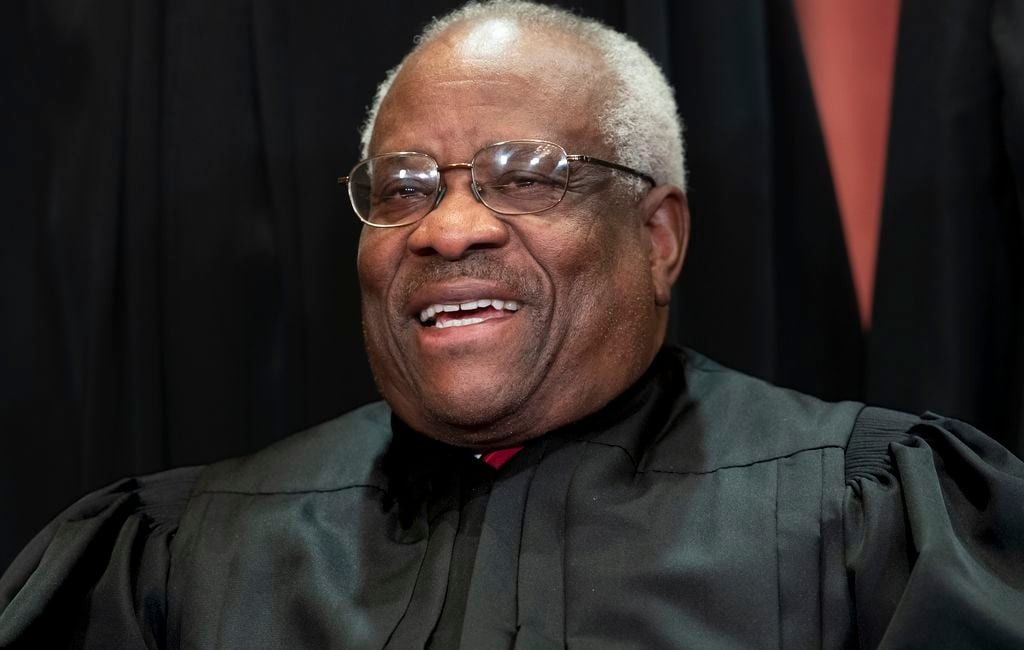
Right now, we have the most openly corrupt and partisan SCOTUS in US history — and ain't nobody more openly corrupt and partisan than Clarence Thomas. He's had his hand out since Day One. This avaricious sumbitch would steal the sugar out of a cake. Hell, he'd do it while you watched and dare you to call him on it. He barely tries to hide it. For decades, he's received 'gifts' from billionaire 'friends' whose business interests depended on favorable SCOTUS opinions. These are 'friends' he made after he was tapped for SCOTUS; it's not like they're his old high school buddies. He's accepted these gifts, he's failed to report them as he's required to do, and he's ruled on their cases. That's some serious grifting, right there.
Then, of course, there's all the awful shit his wife has pulled. I'm talking about her encouraging and promoting the January 6th Insurrection, which is truly bad its ownself. And when her shit came up before SCOTUS, did Clarence recuse himself like any ethical jurist would? Nope. He not only sat on the case, he was the ONLY justice on the bench that voted in a way that protected his wife.
There is absolutely no sustainable argument for Clarence Thomas to remain an Associate Justice on the Supreme Court of the United States. I mean, there are other assholes on SCOTUS we could do without, but Clarence is the bull goose grifter and the most obvious and deserving candidate for impeachment.
I can say, with absolute confidence and mathematical certitude, that if Clarence had been appointed by a Democrat and had been writing liberal decisions, the Republicans would have held a decade worth of hearings by now. If Congressional Republicans are willing to impeach Mayorkas over bullshit, why aren't Democrats willing to impeach this grasping, covetous bastard? What in the stonewashed fuck is wrong with Democrats? Why won't Democrats at least TRY to do what's right?
You don't have to answer that. The answer is pretty obvious (SPOILER: they're comfortable political cowards who'll mewl and grizzle about how unfair it all is, but won't fucking act).
Look, I'm not asking Democrats to act like Republicans. I mean, they're assholes. They're willing to lie, fabricate, mislead, obfuscate, and deceive in order to score petty political points. Democrats don't need to do that. They can just present verifiable facts to support a legit impeachment inquiry.
Seriously, the US would be better off if Democrats would just TRY to impeach this asshole. It would be a worthy effort even if the Senate failed to convict him. So c'mon, give it a shot, Democrats. What have you got to lose?
